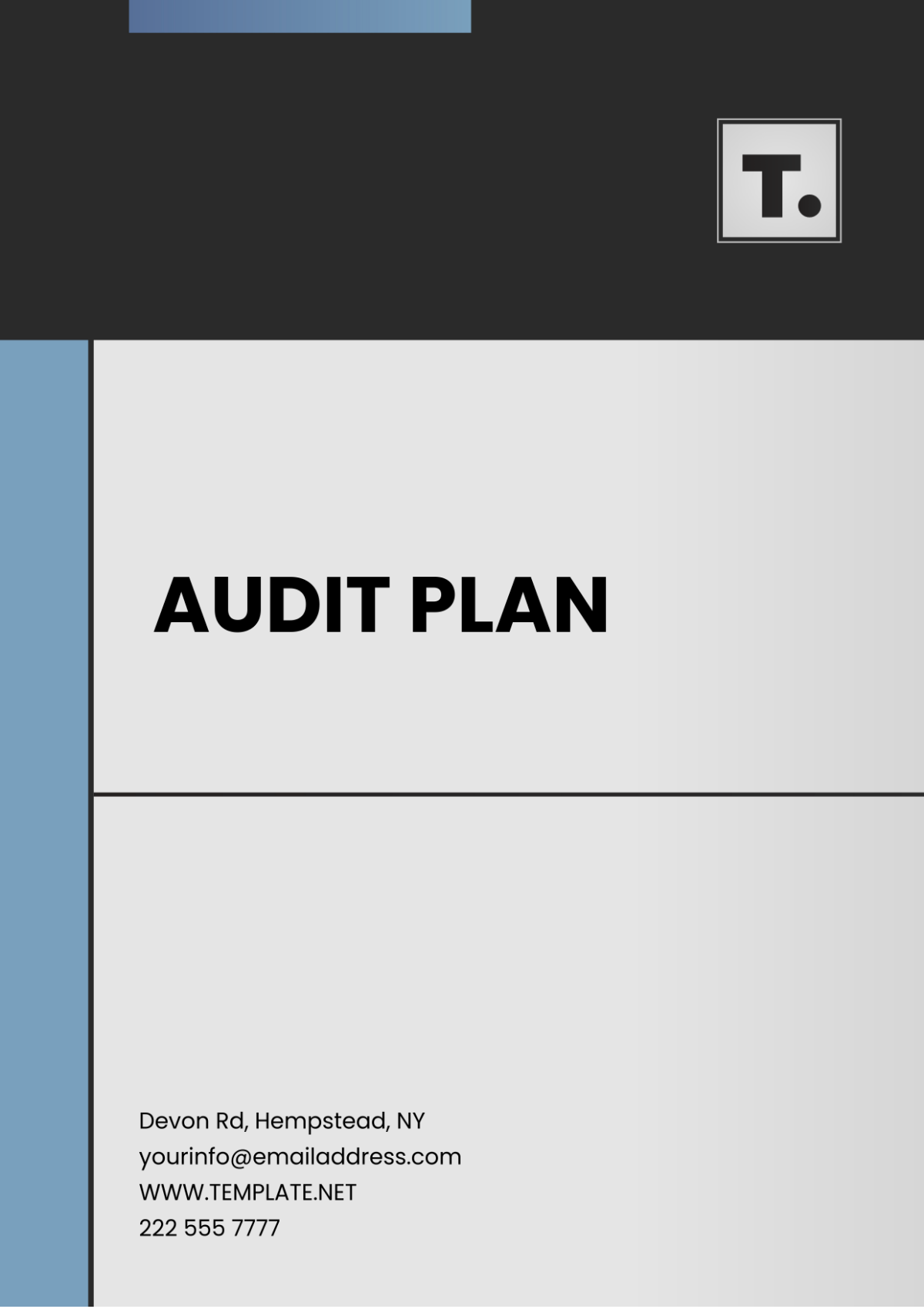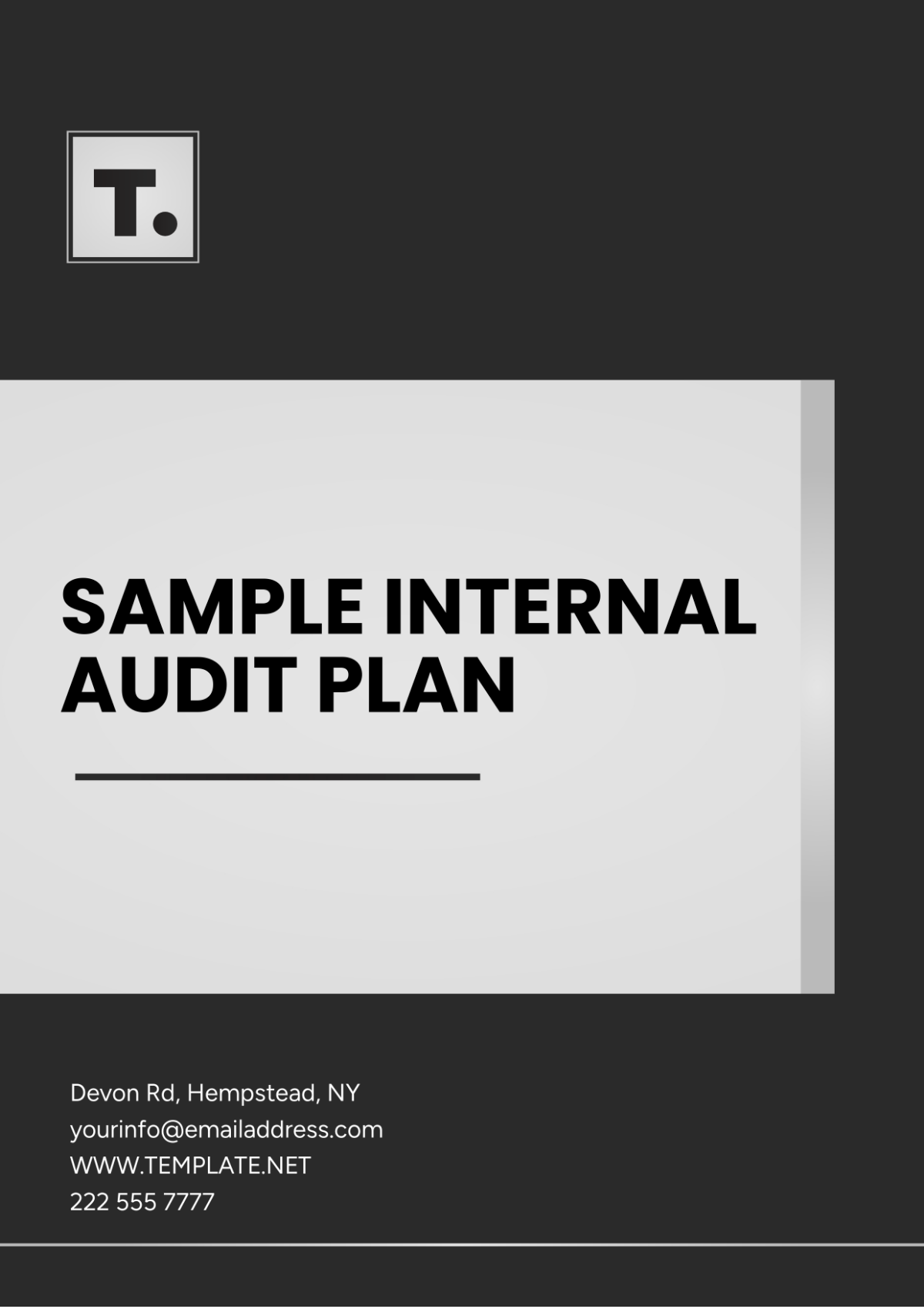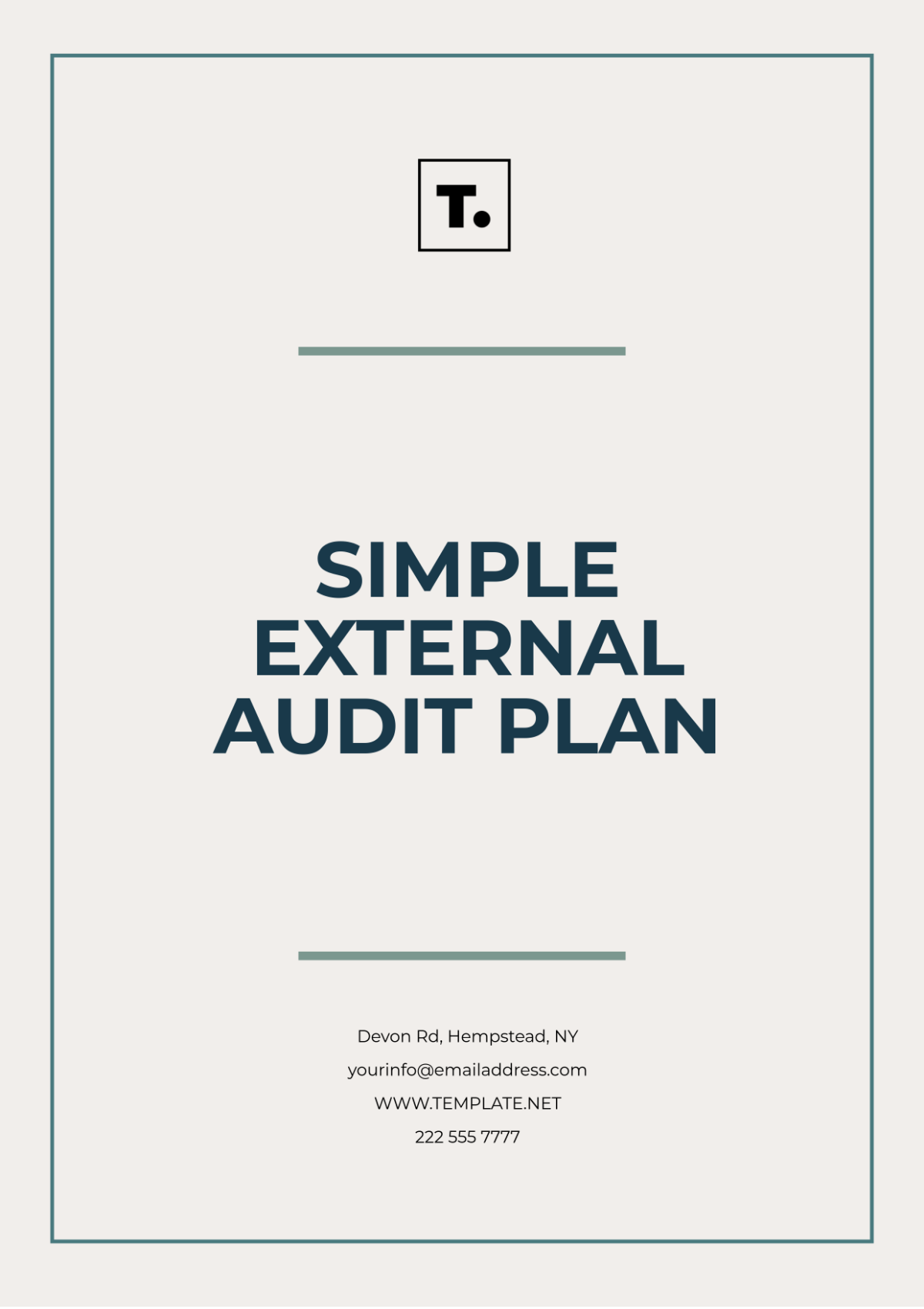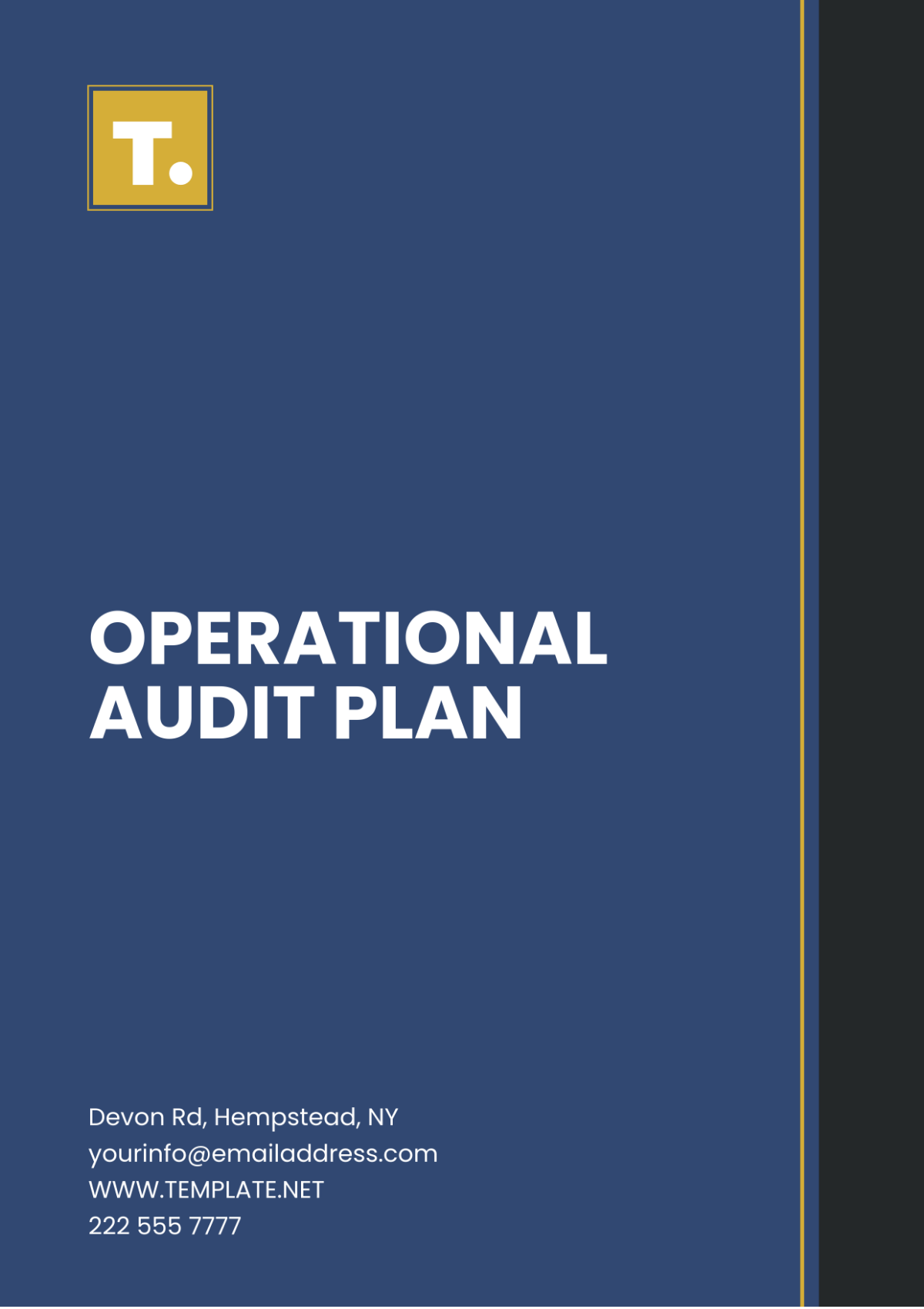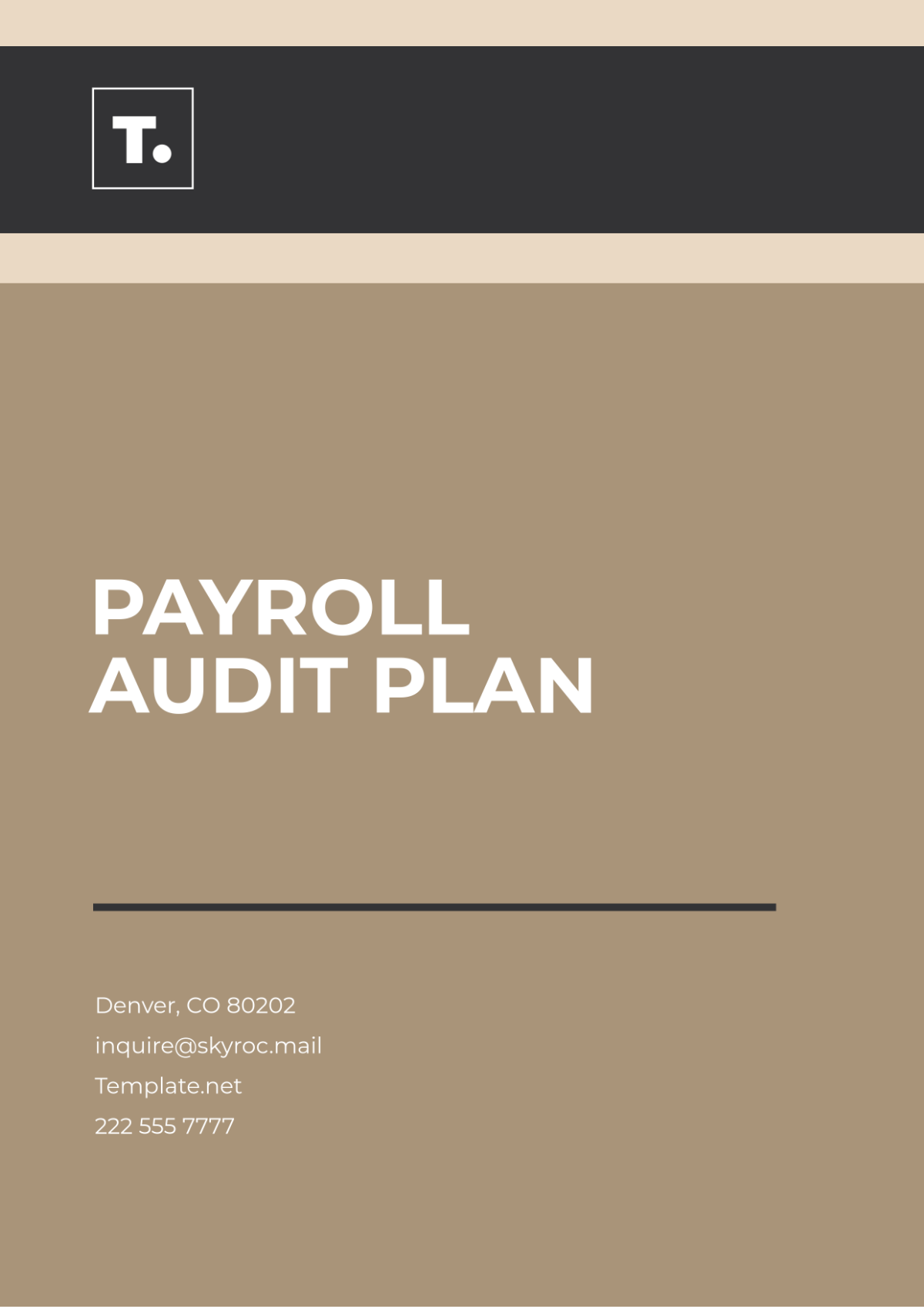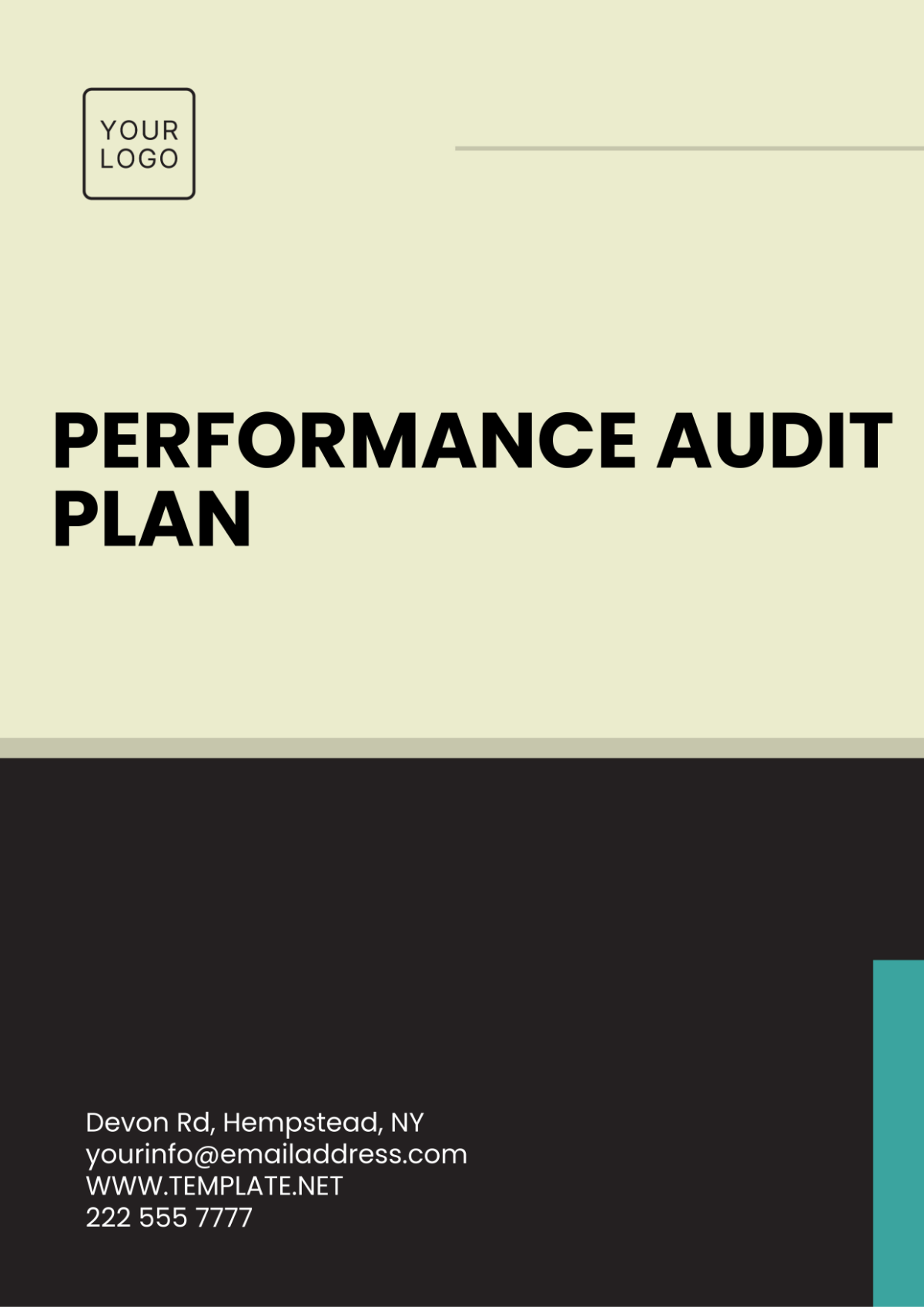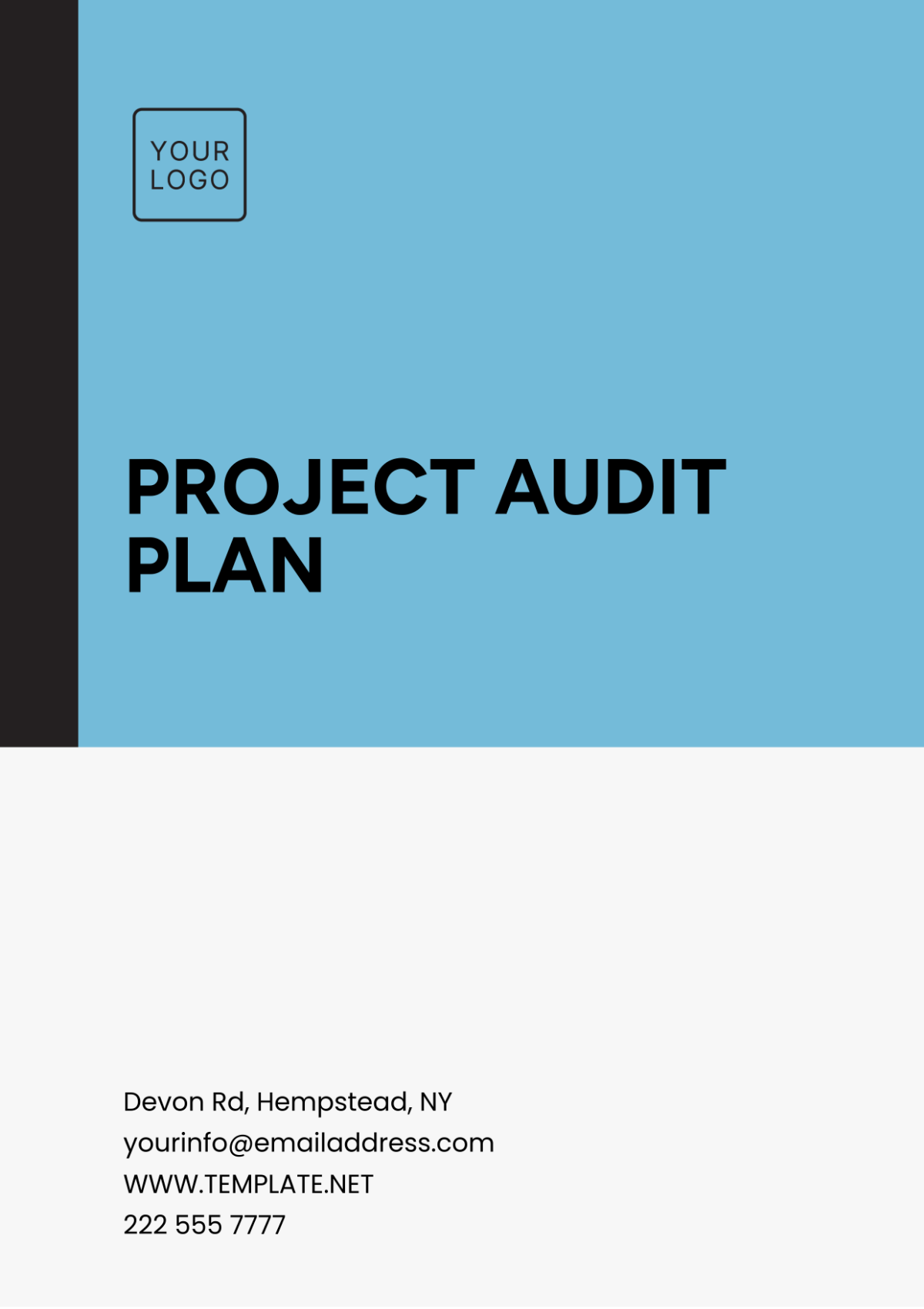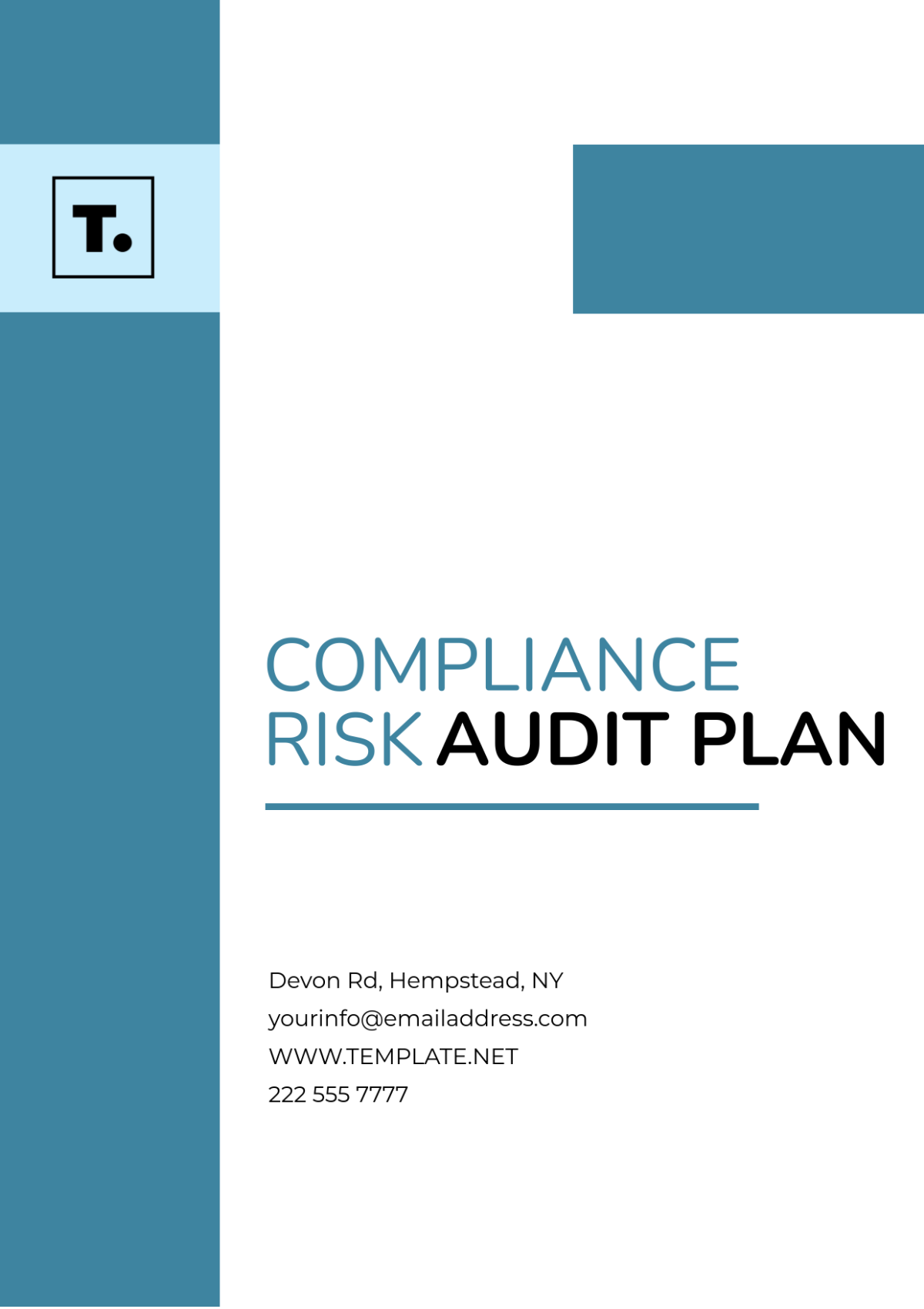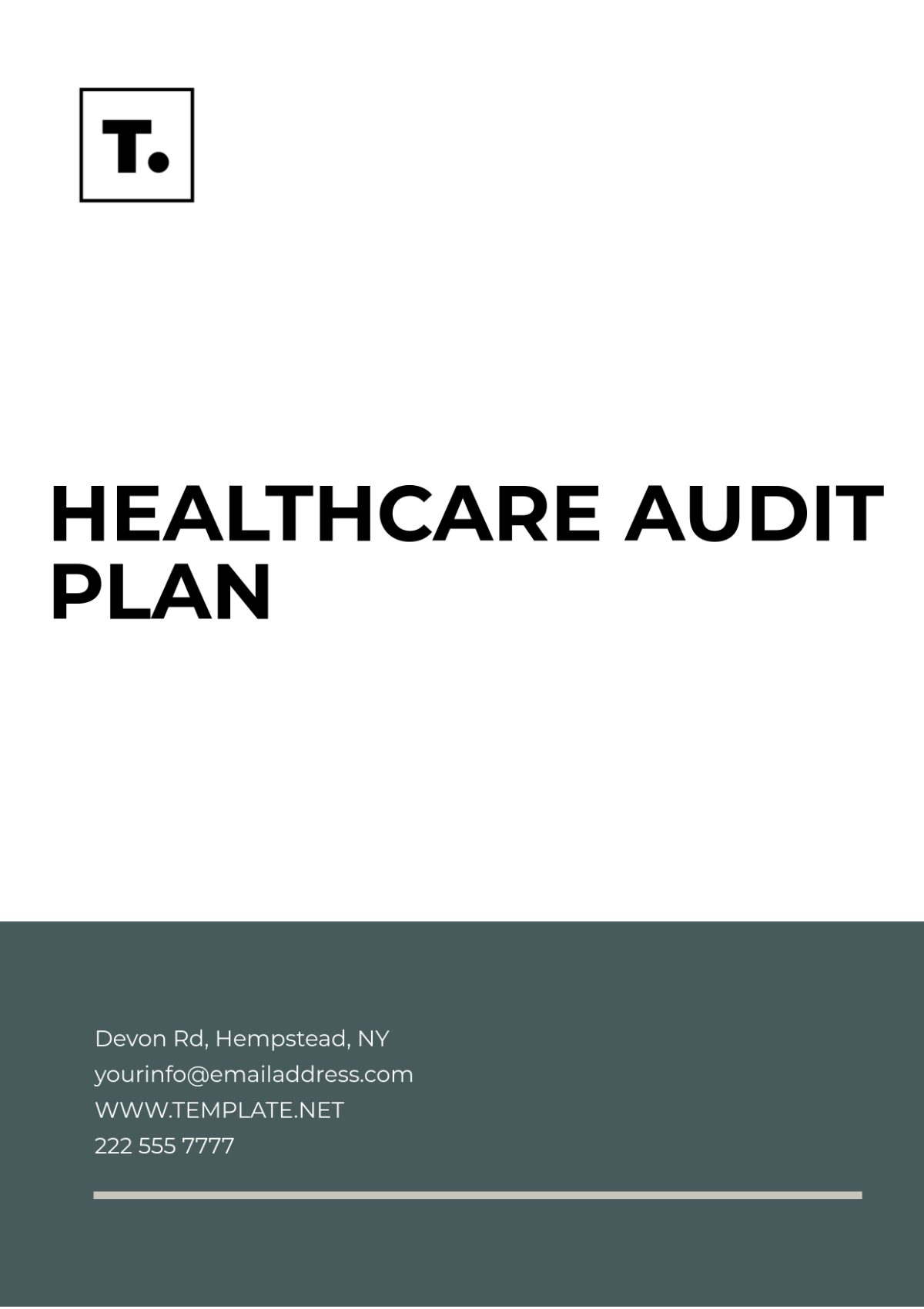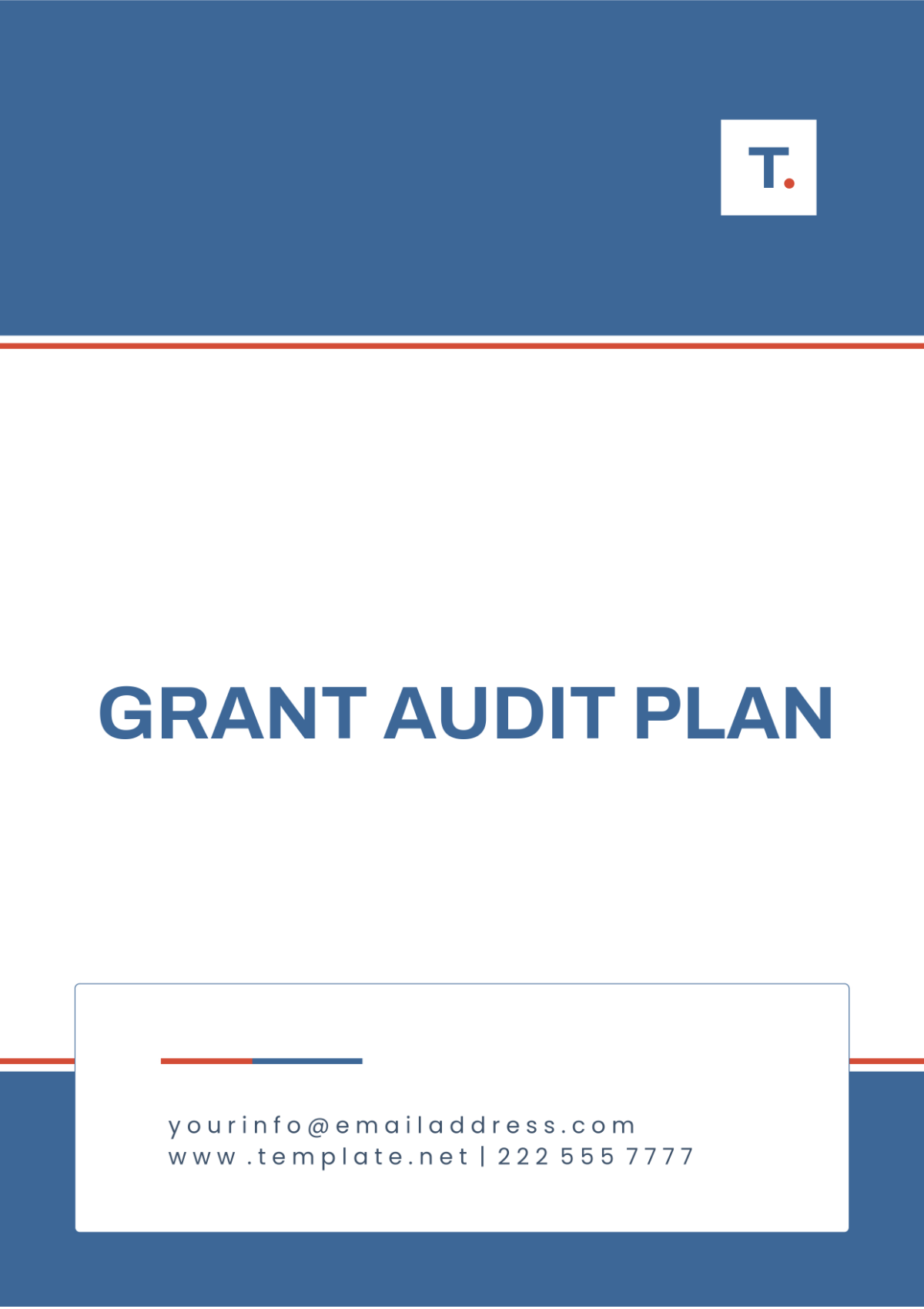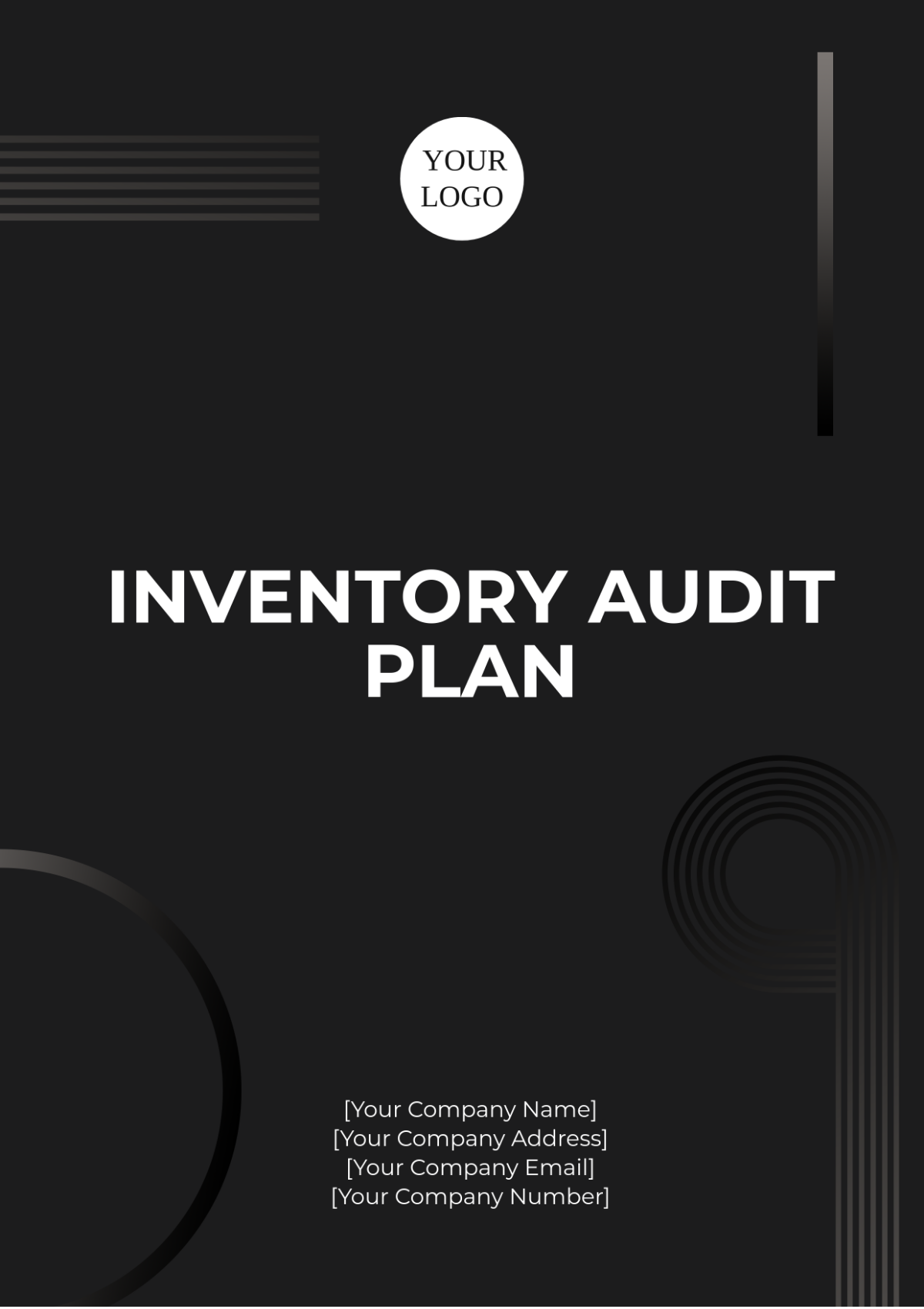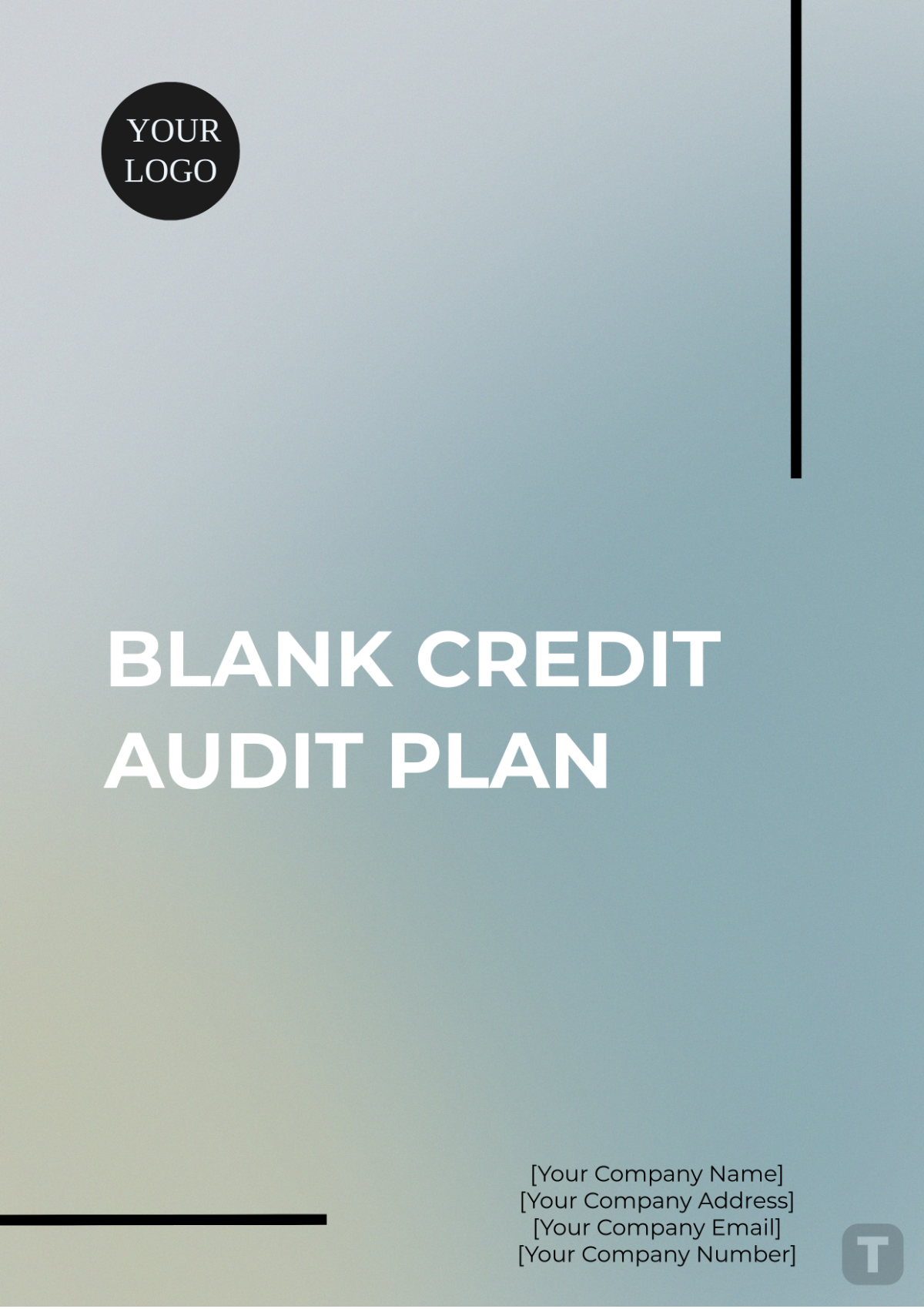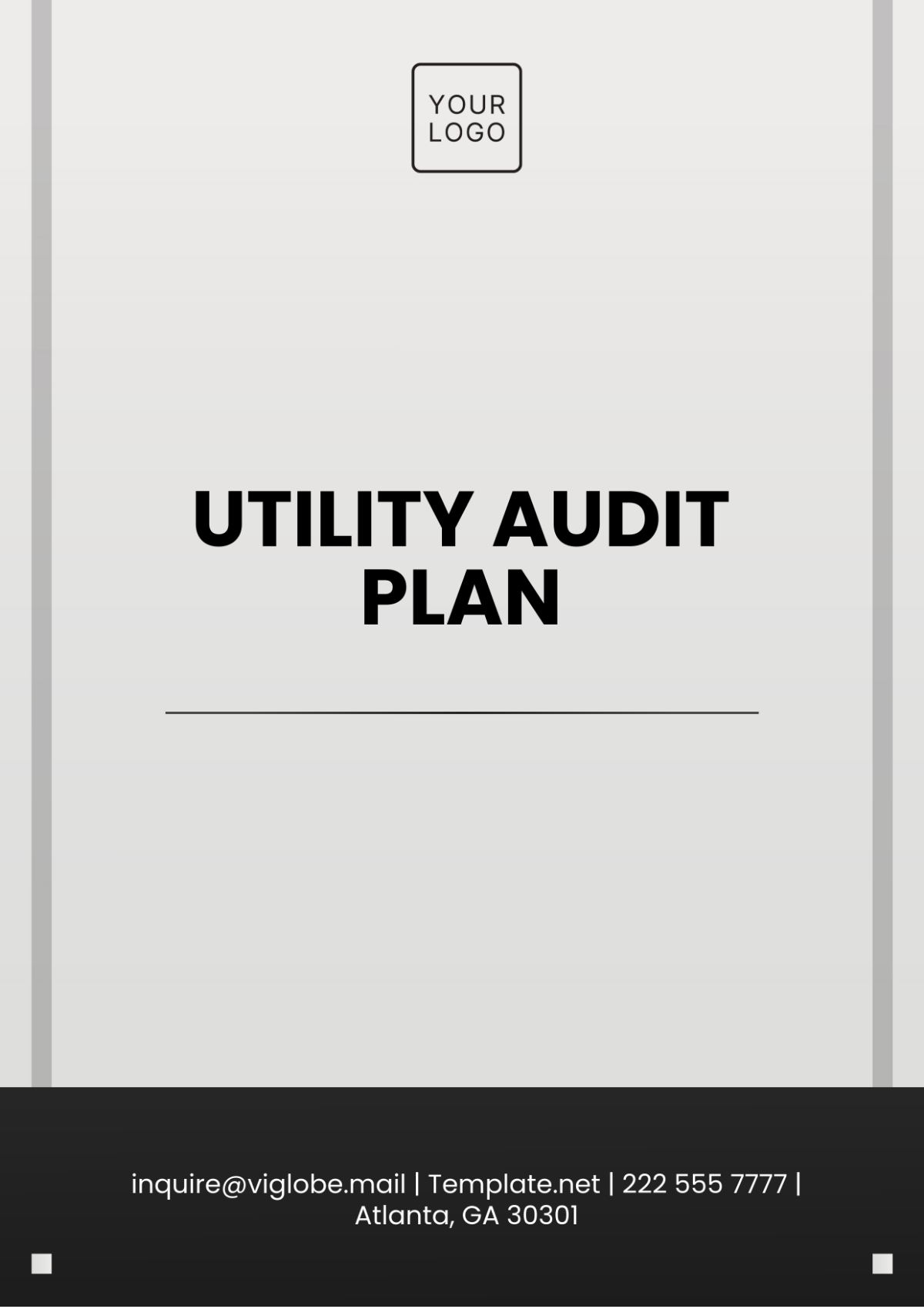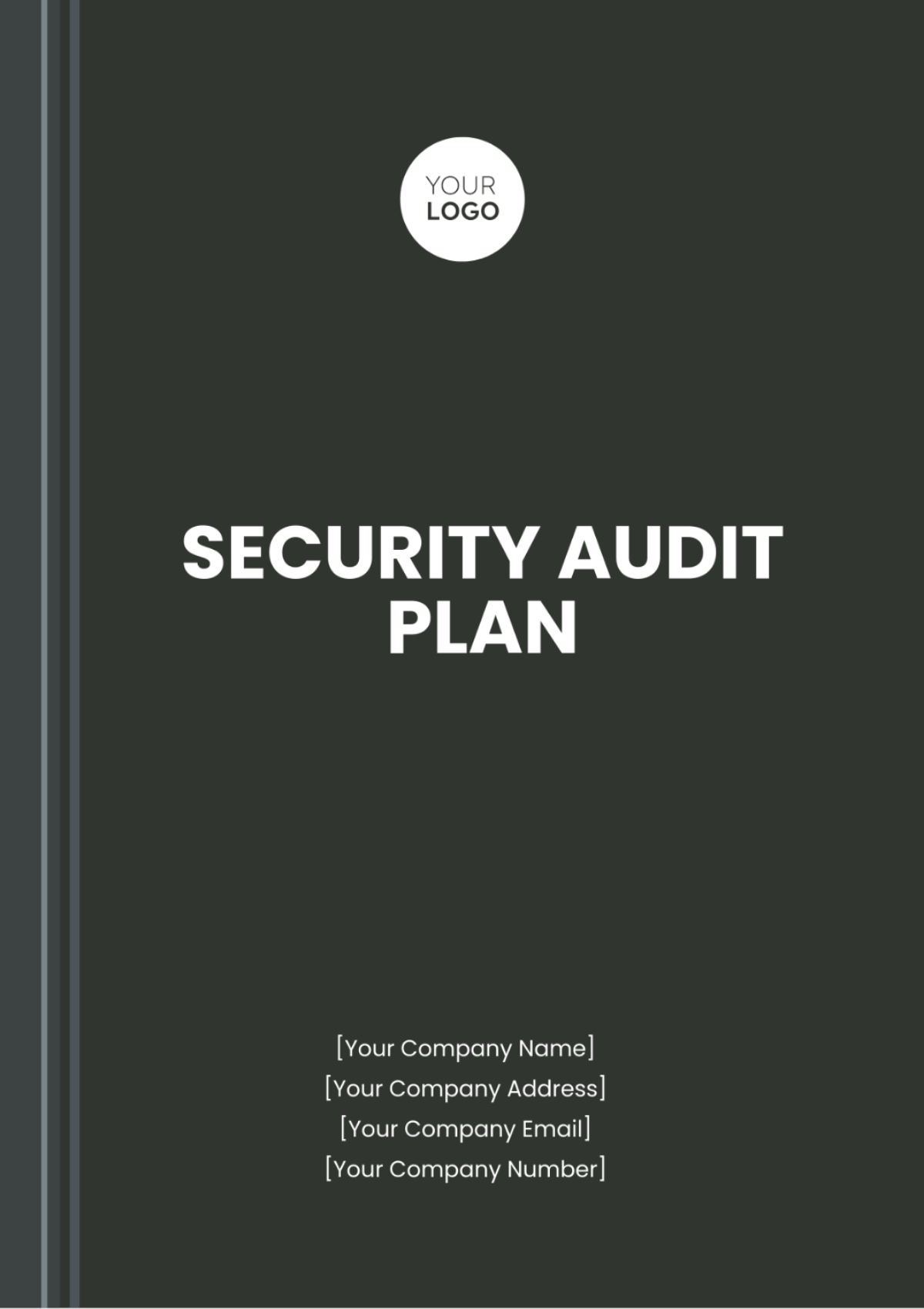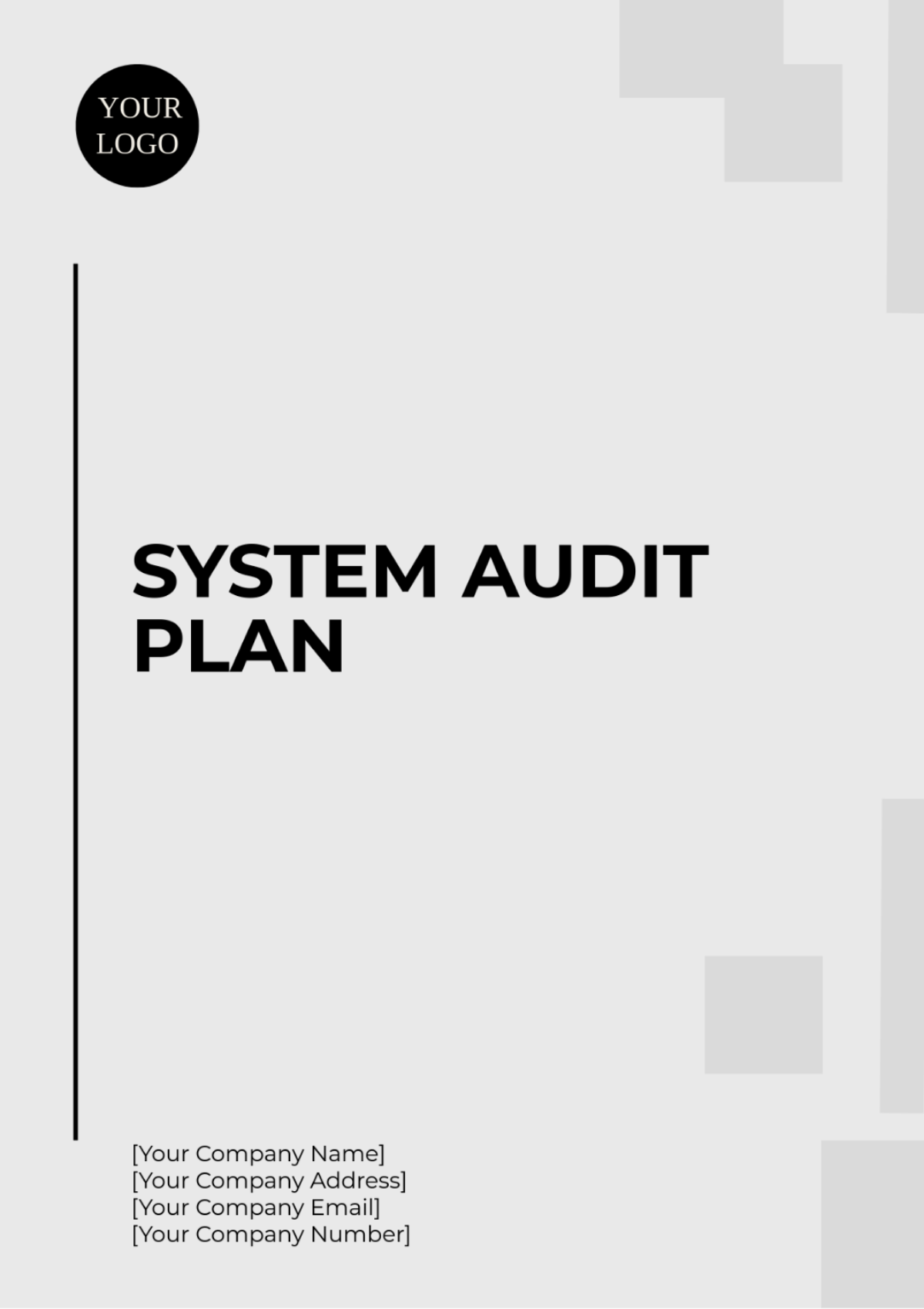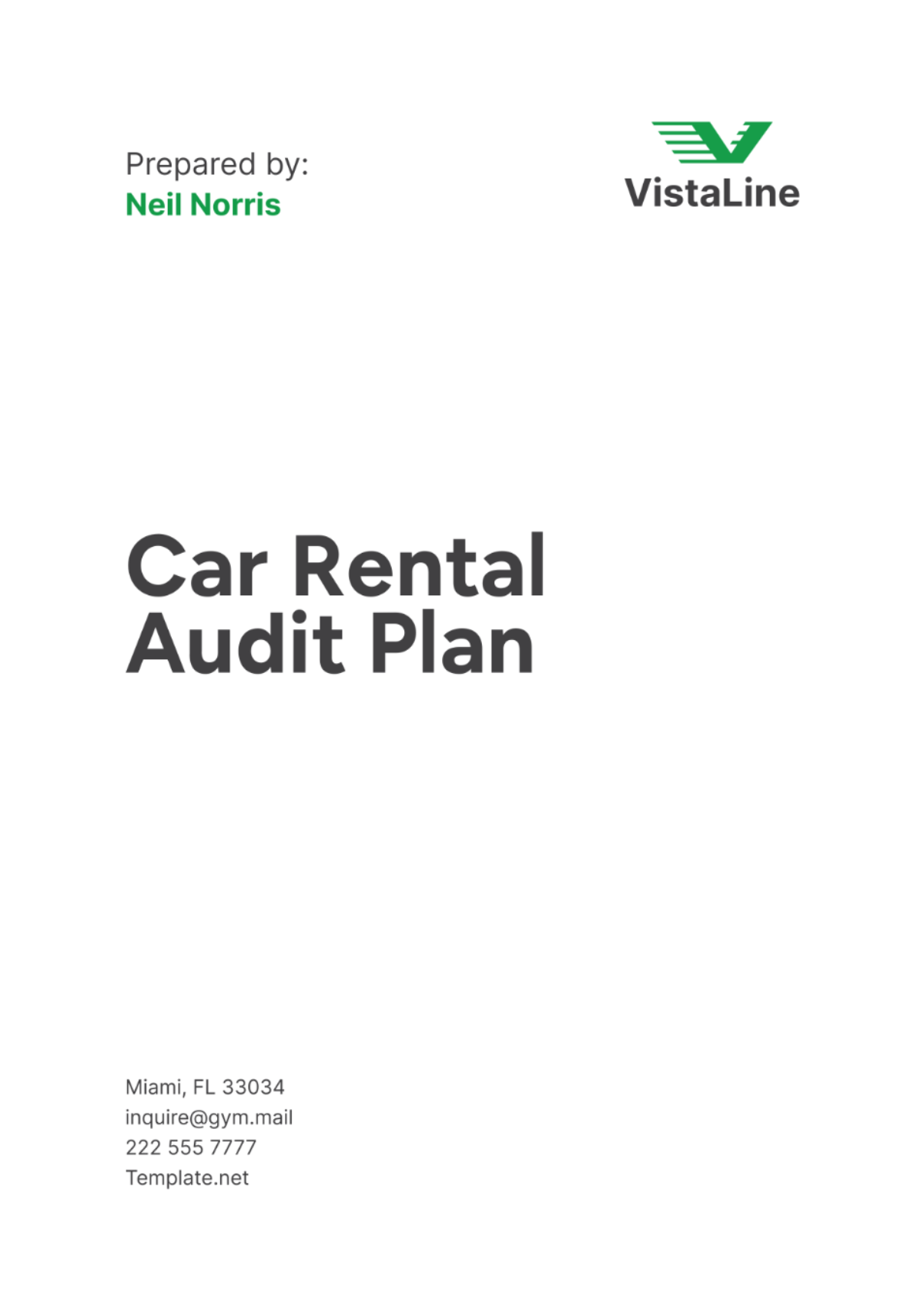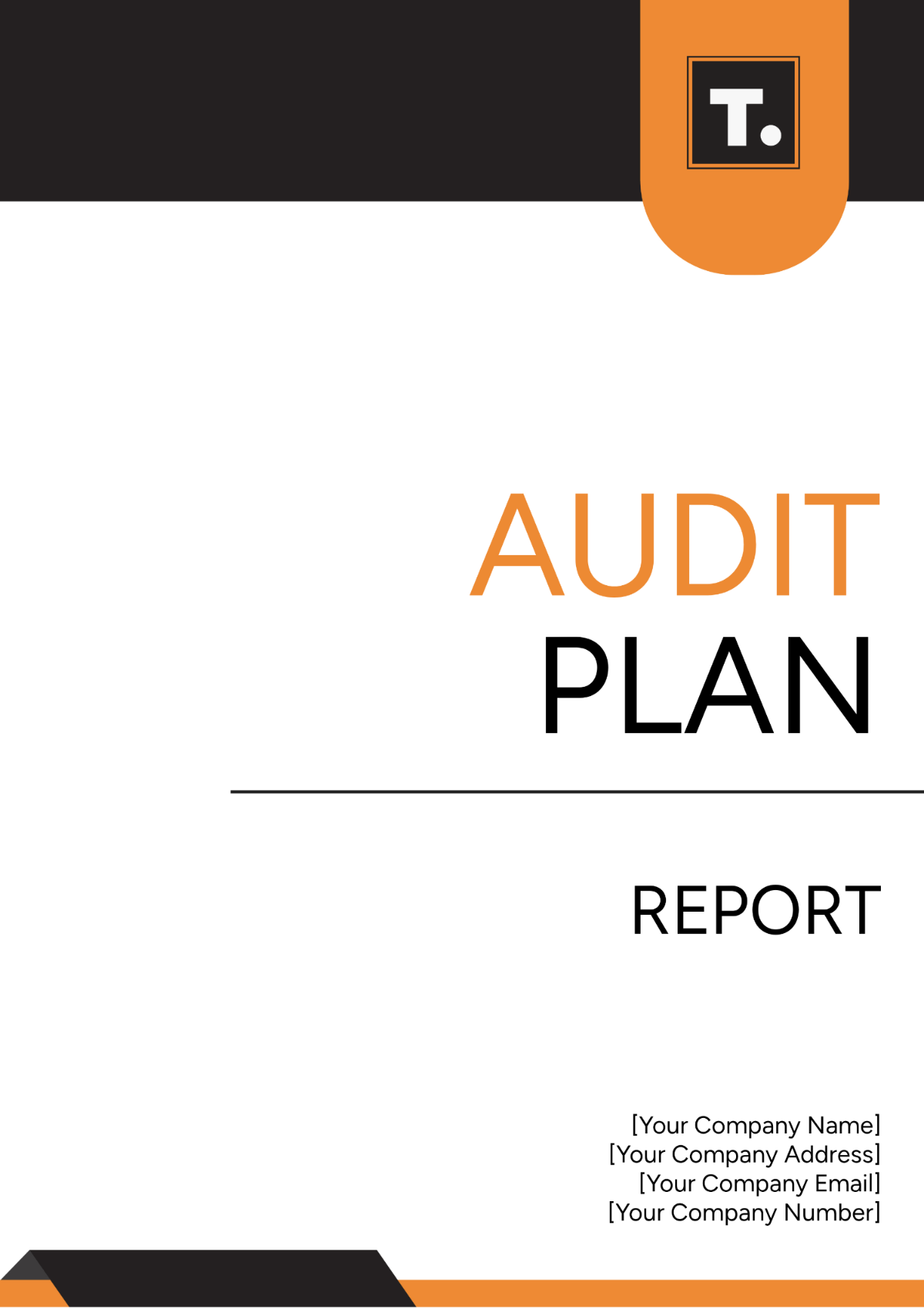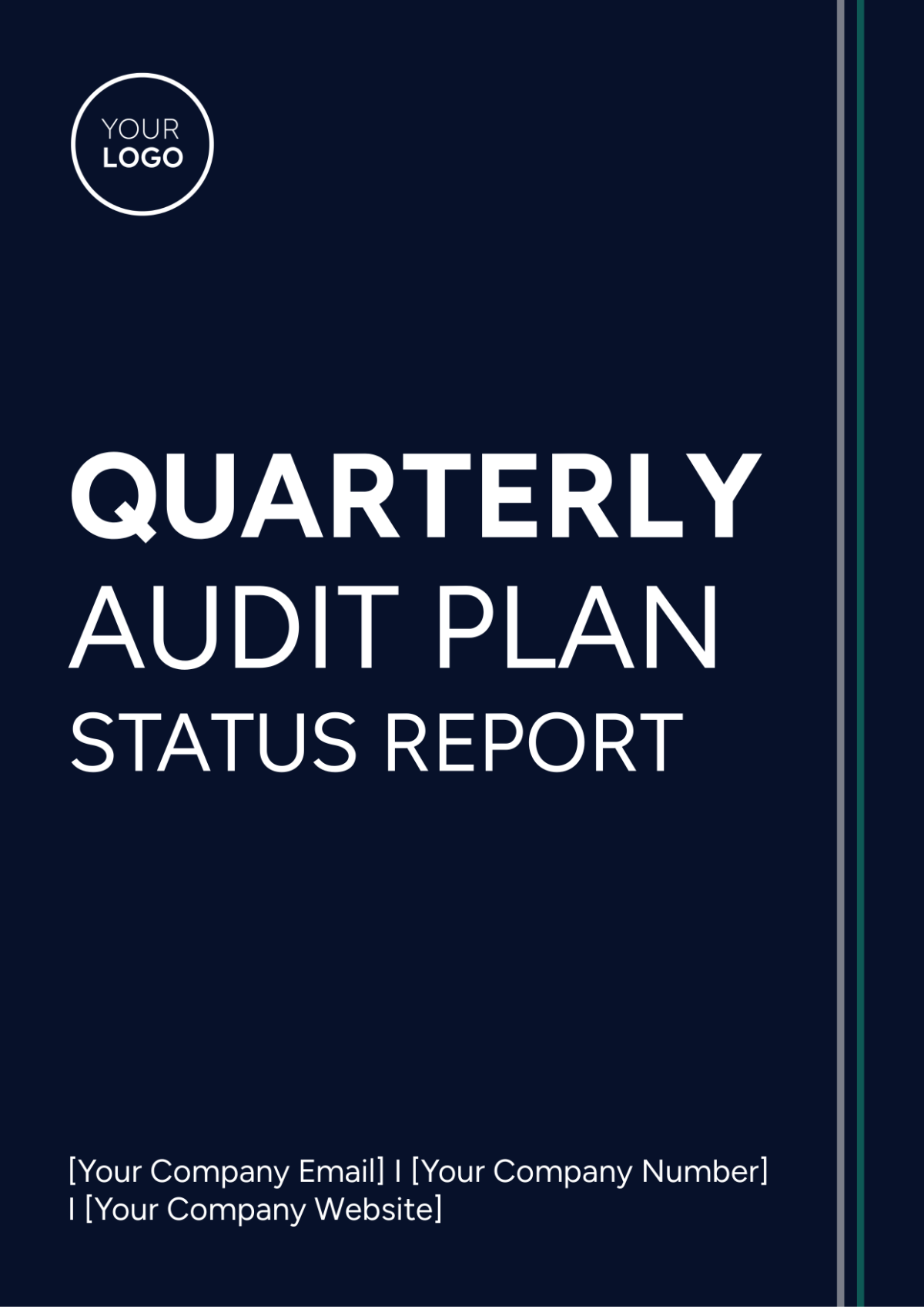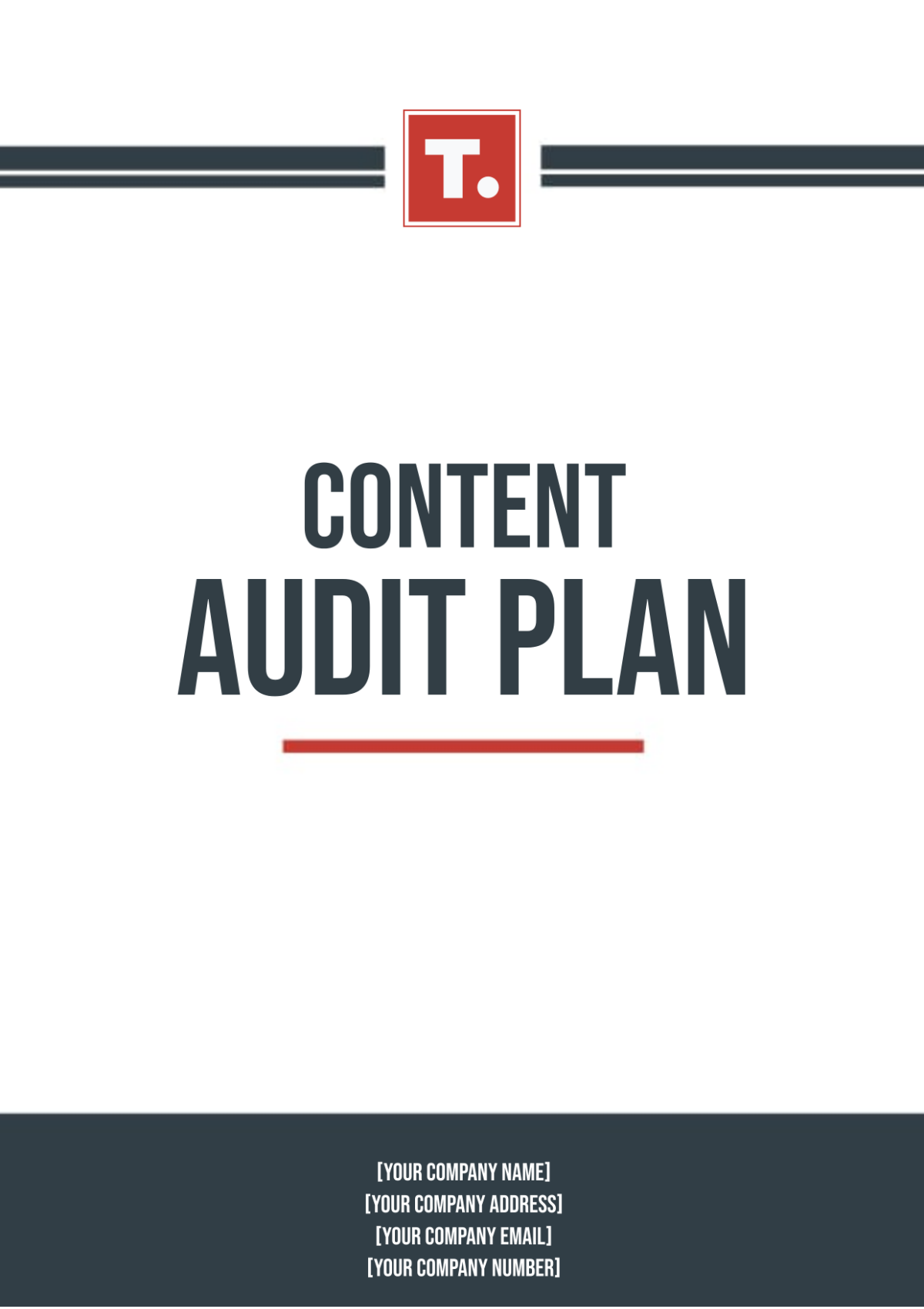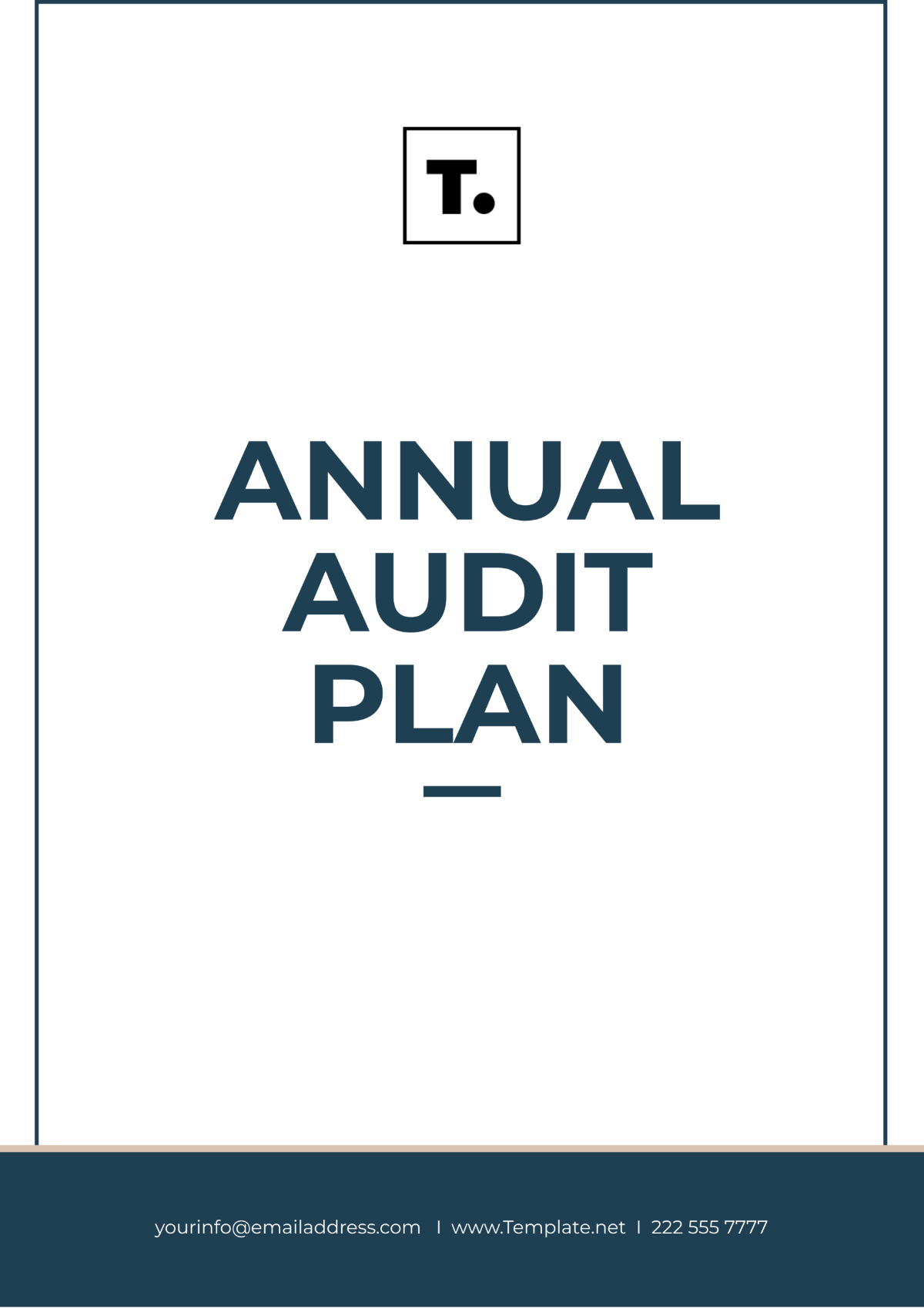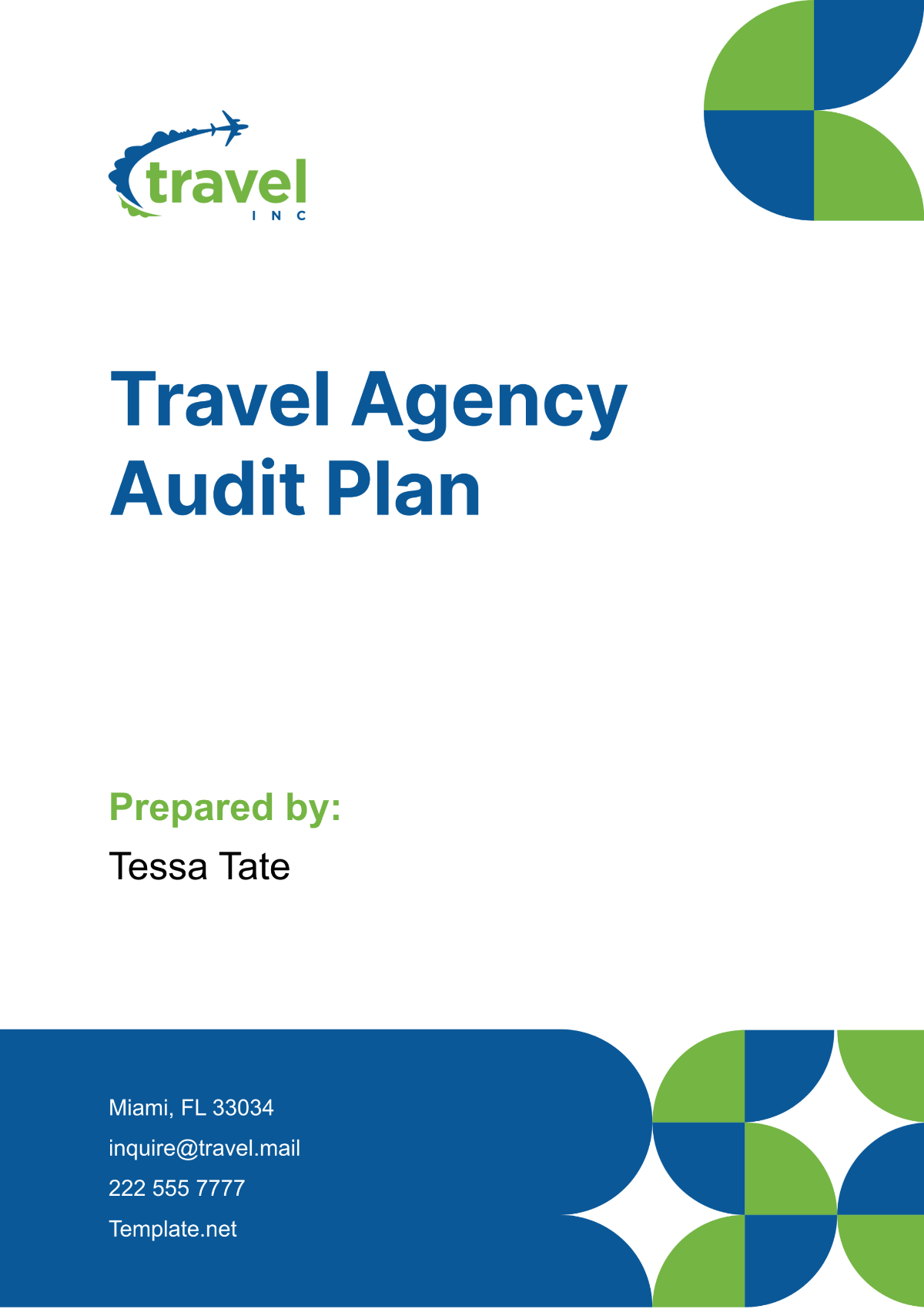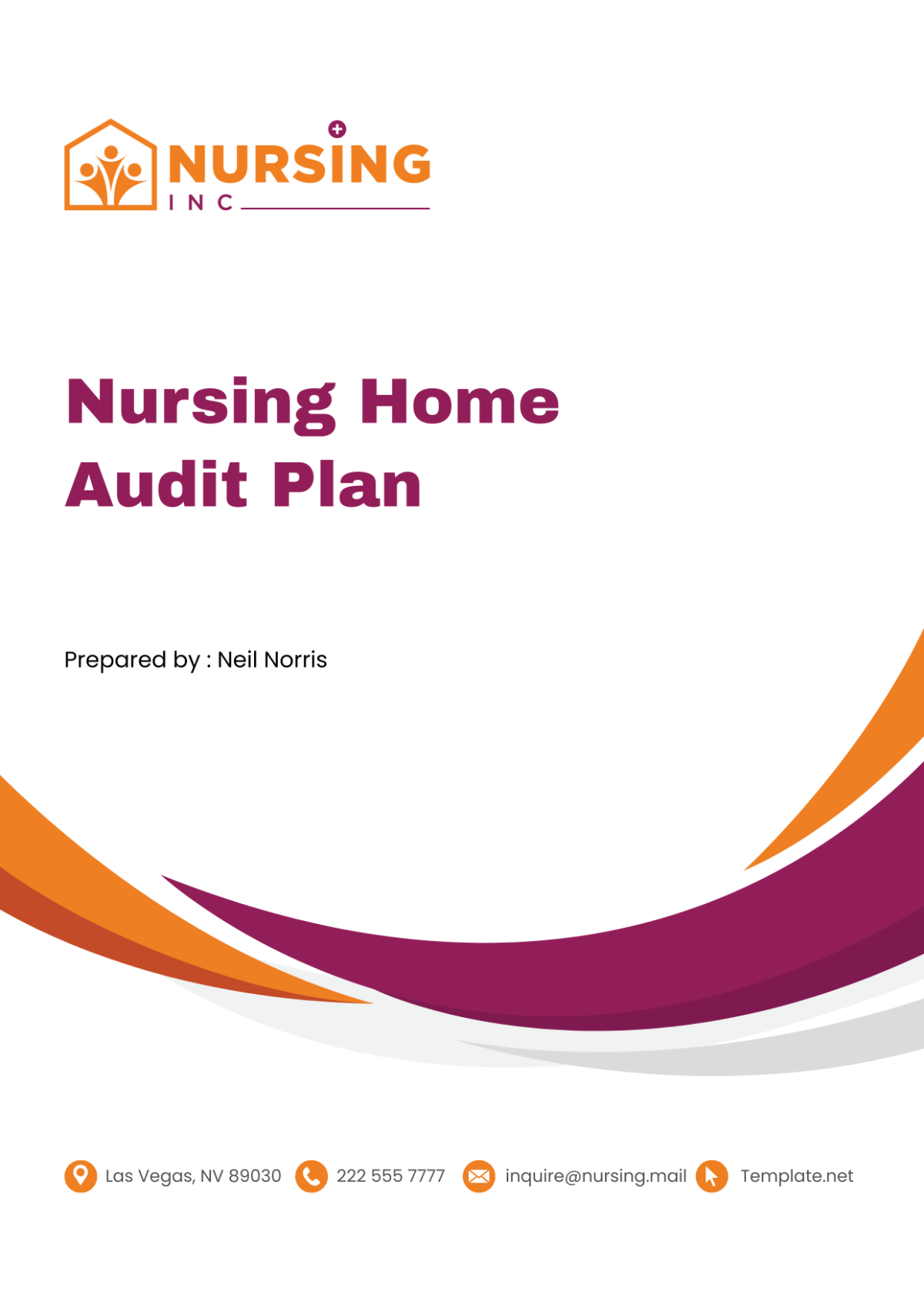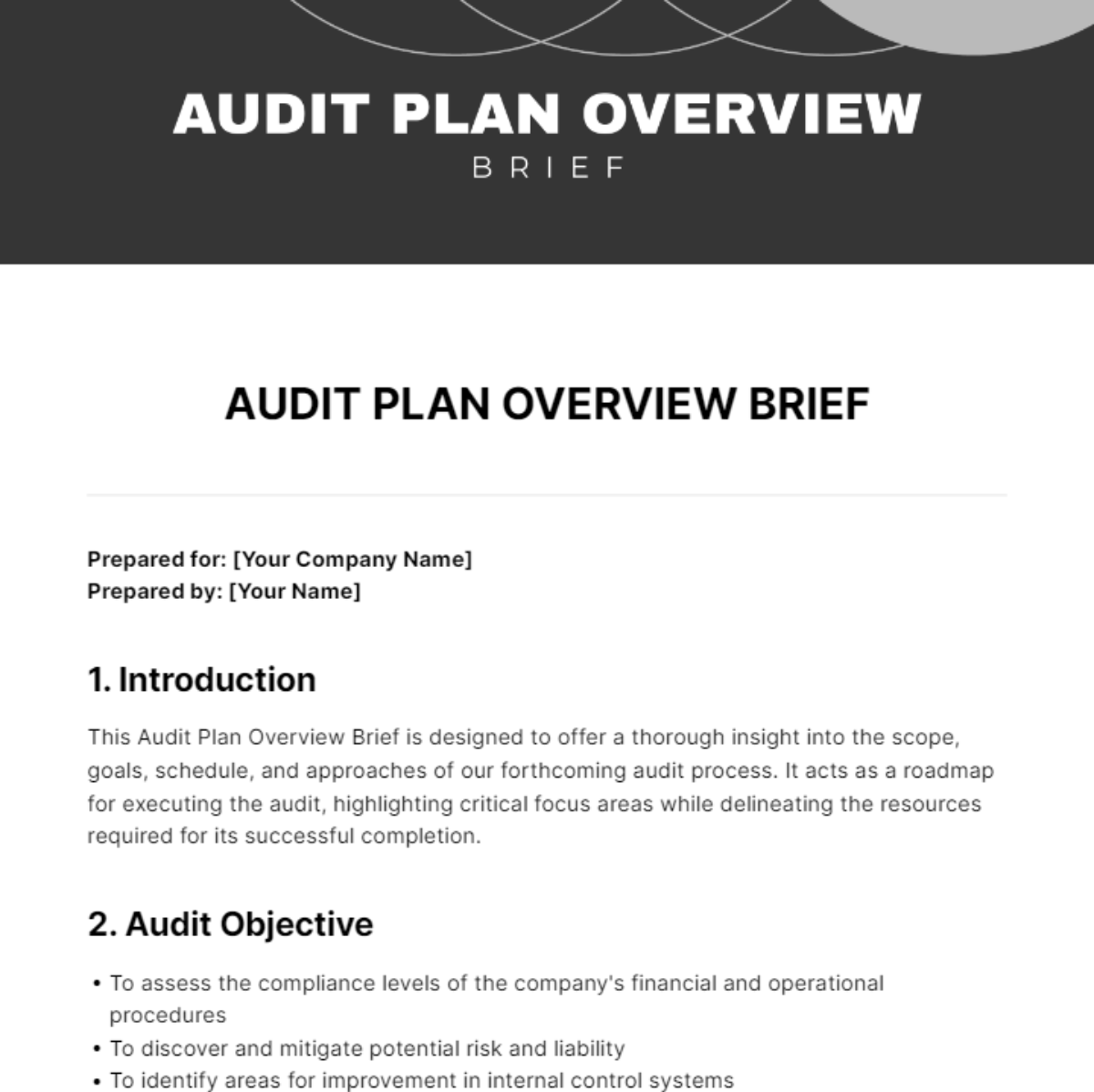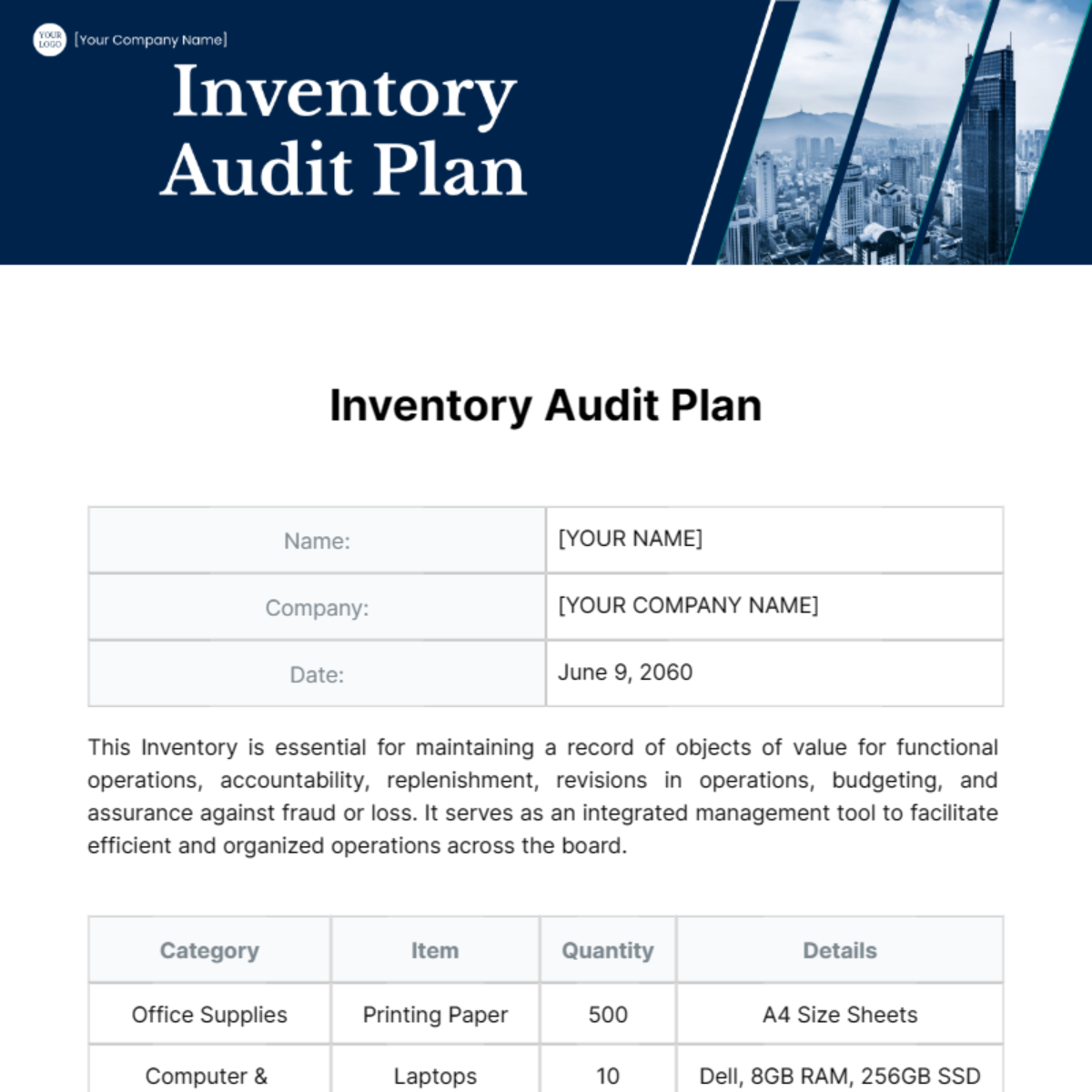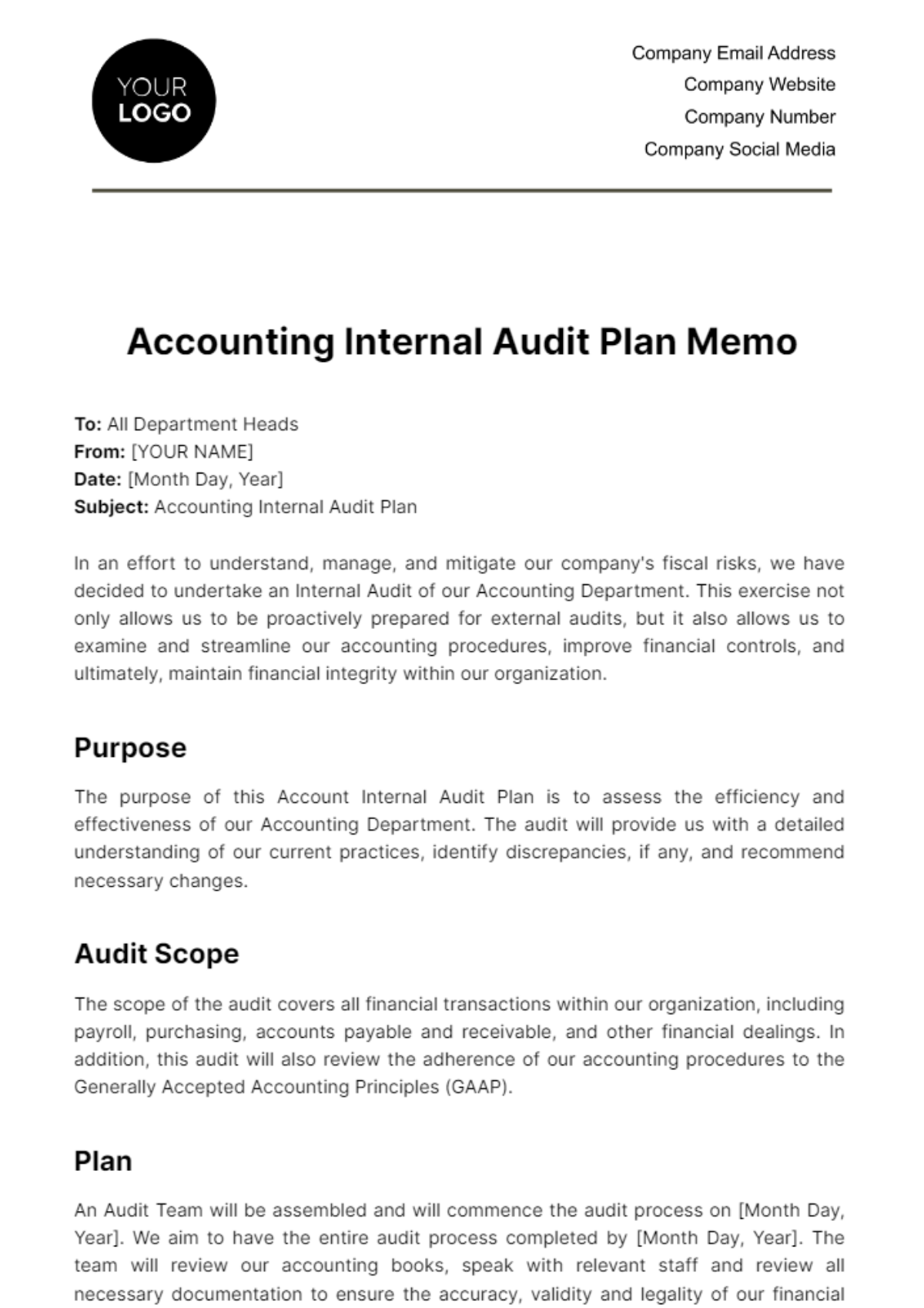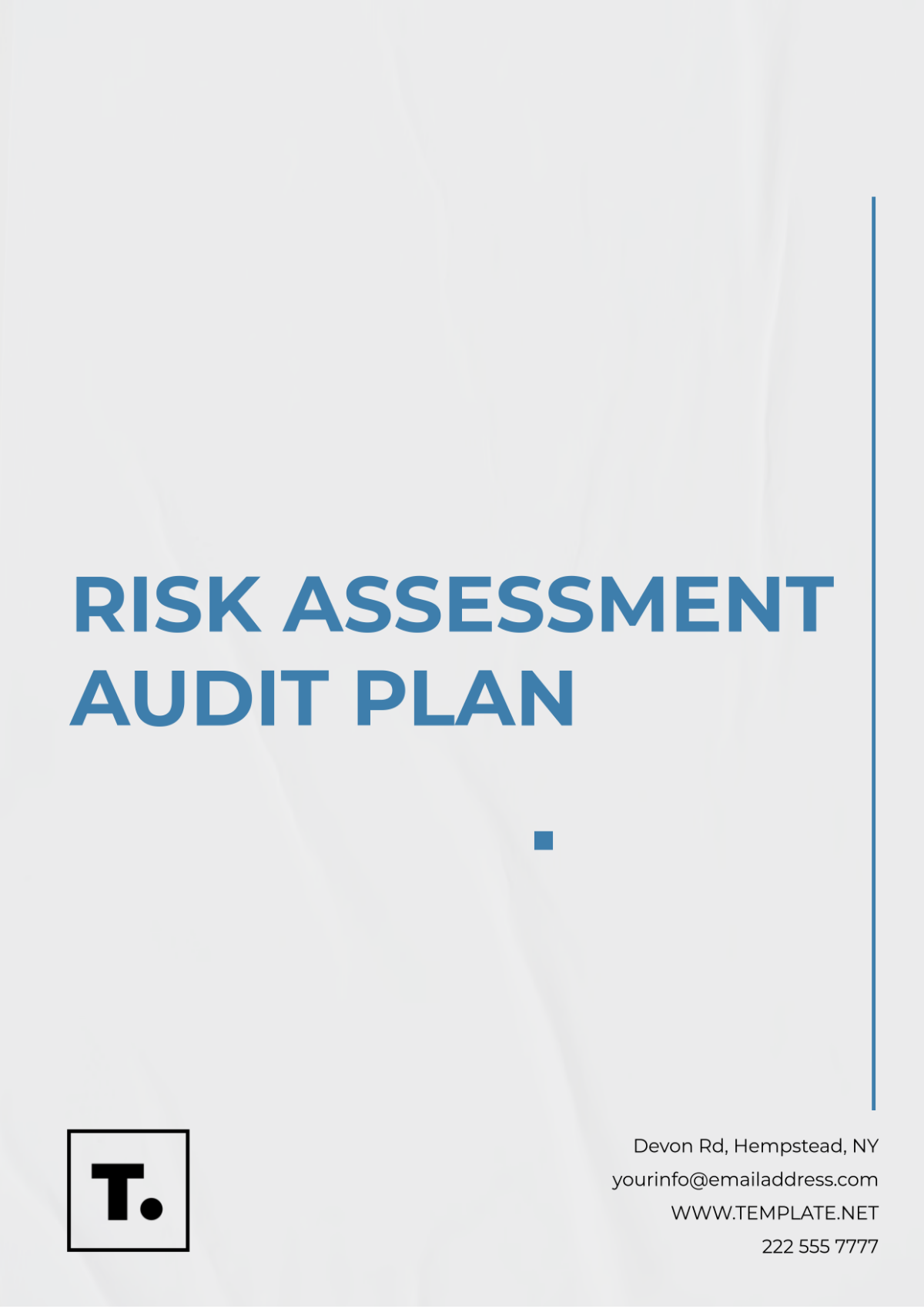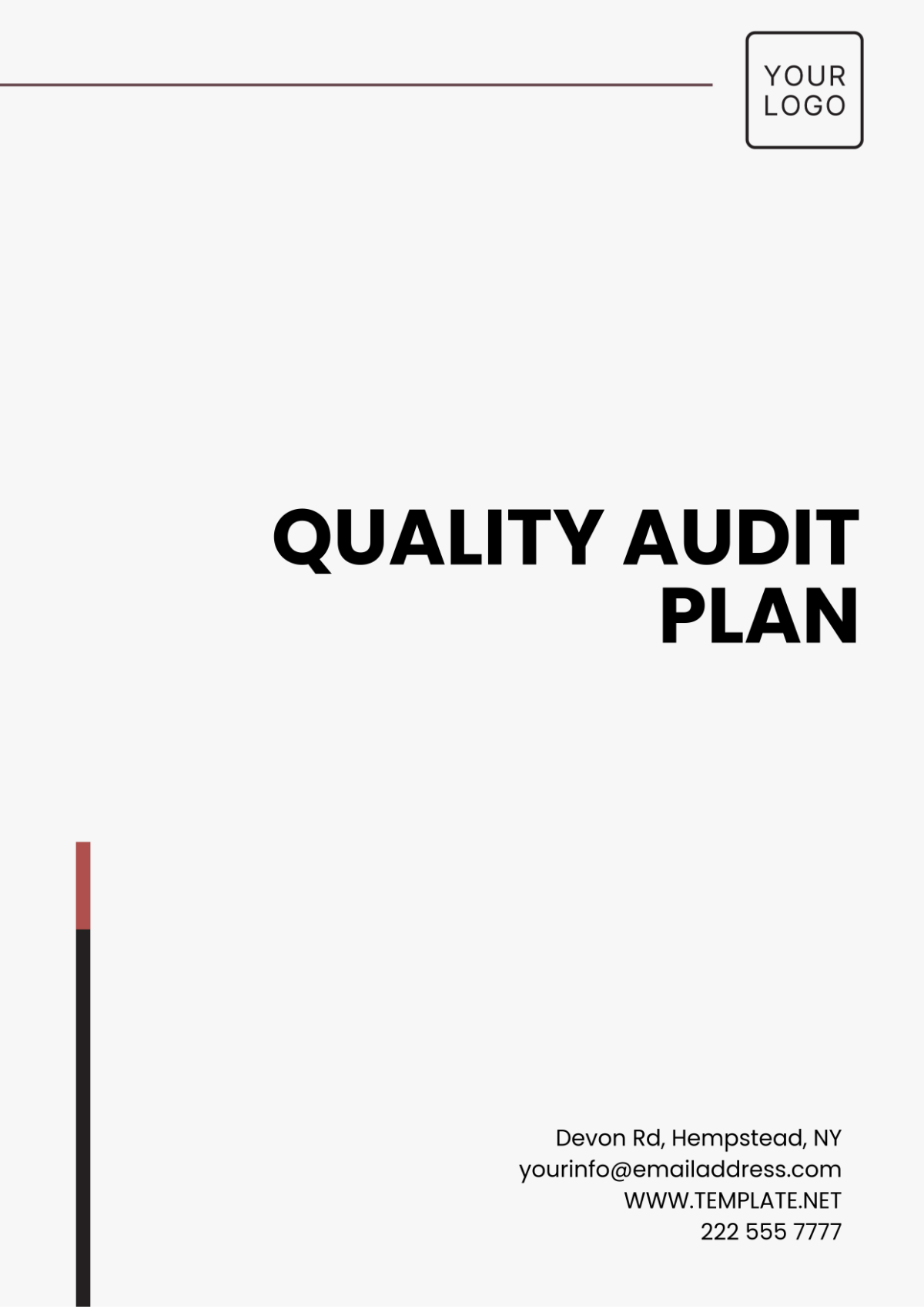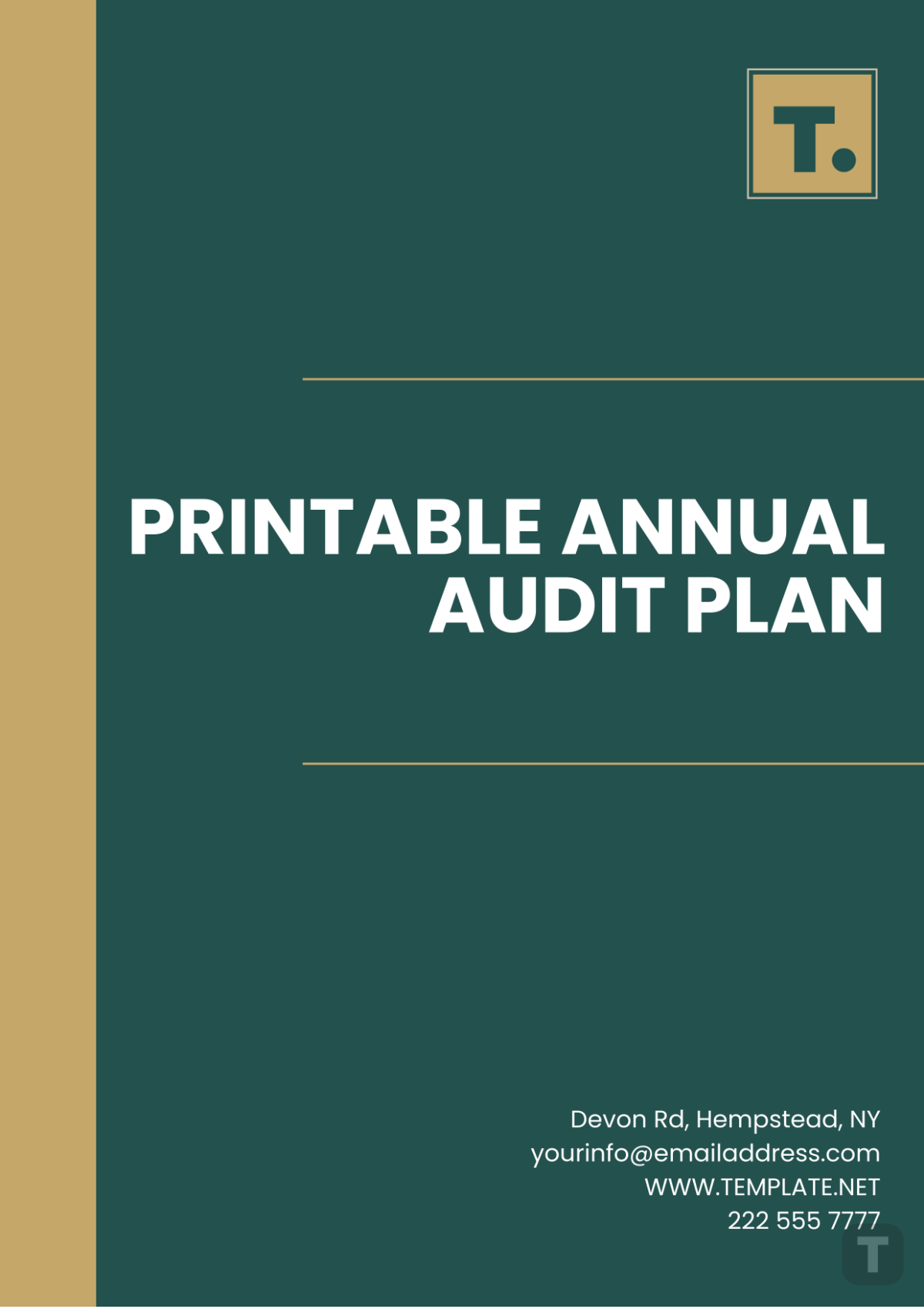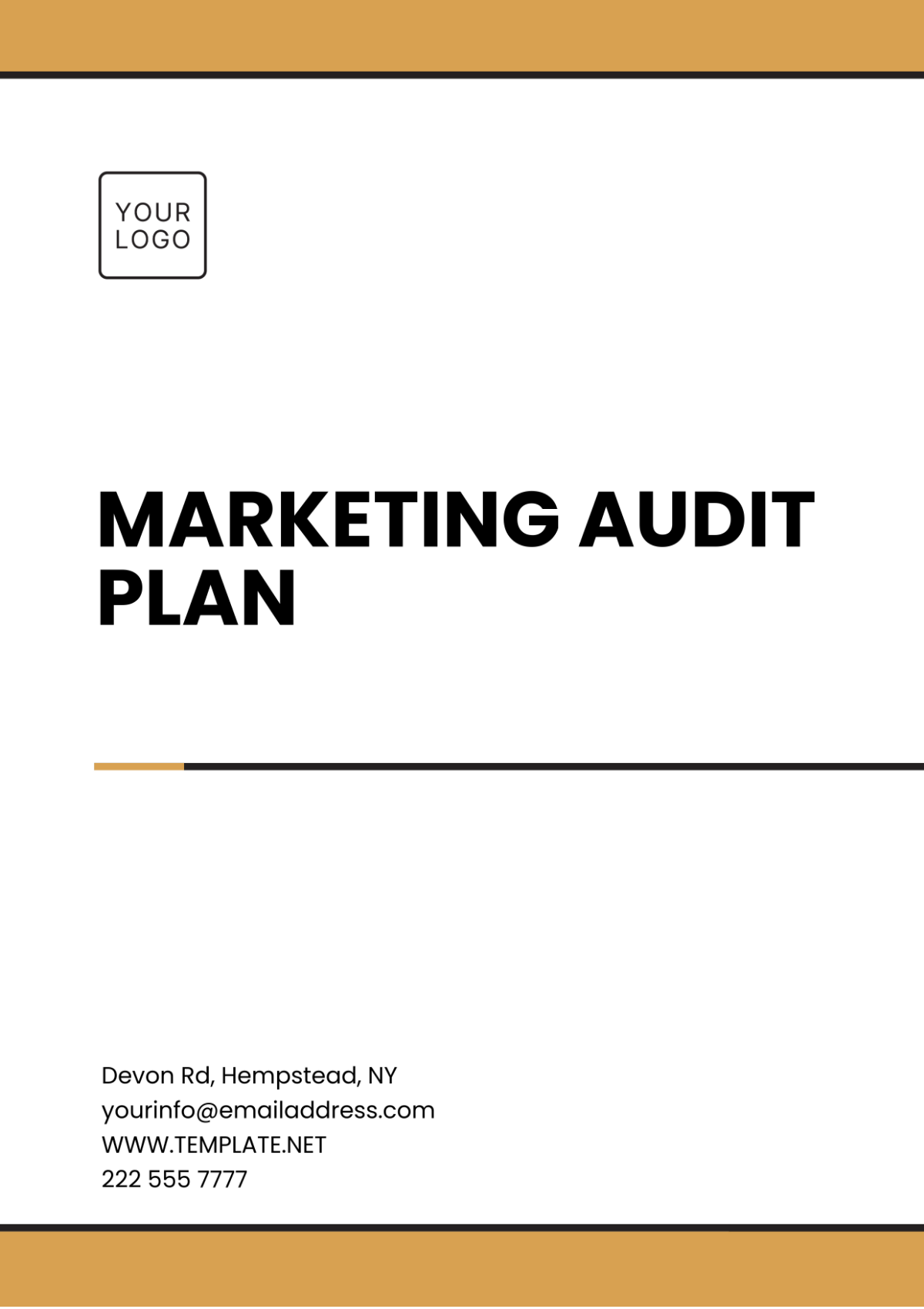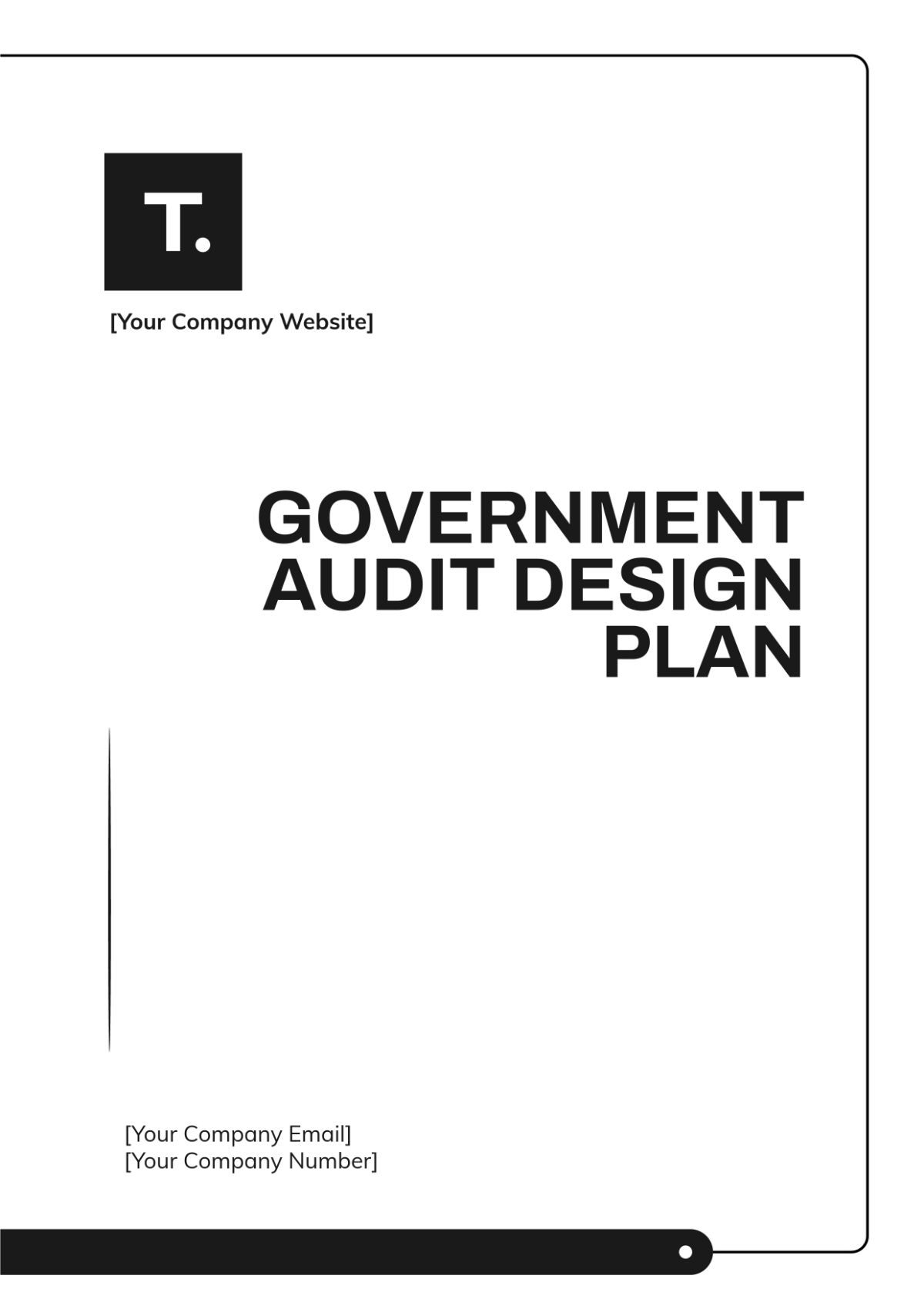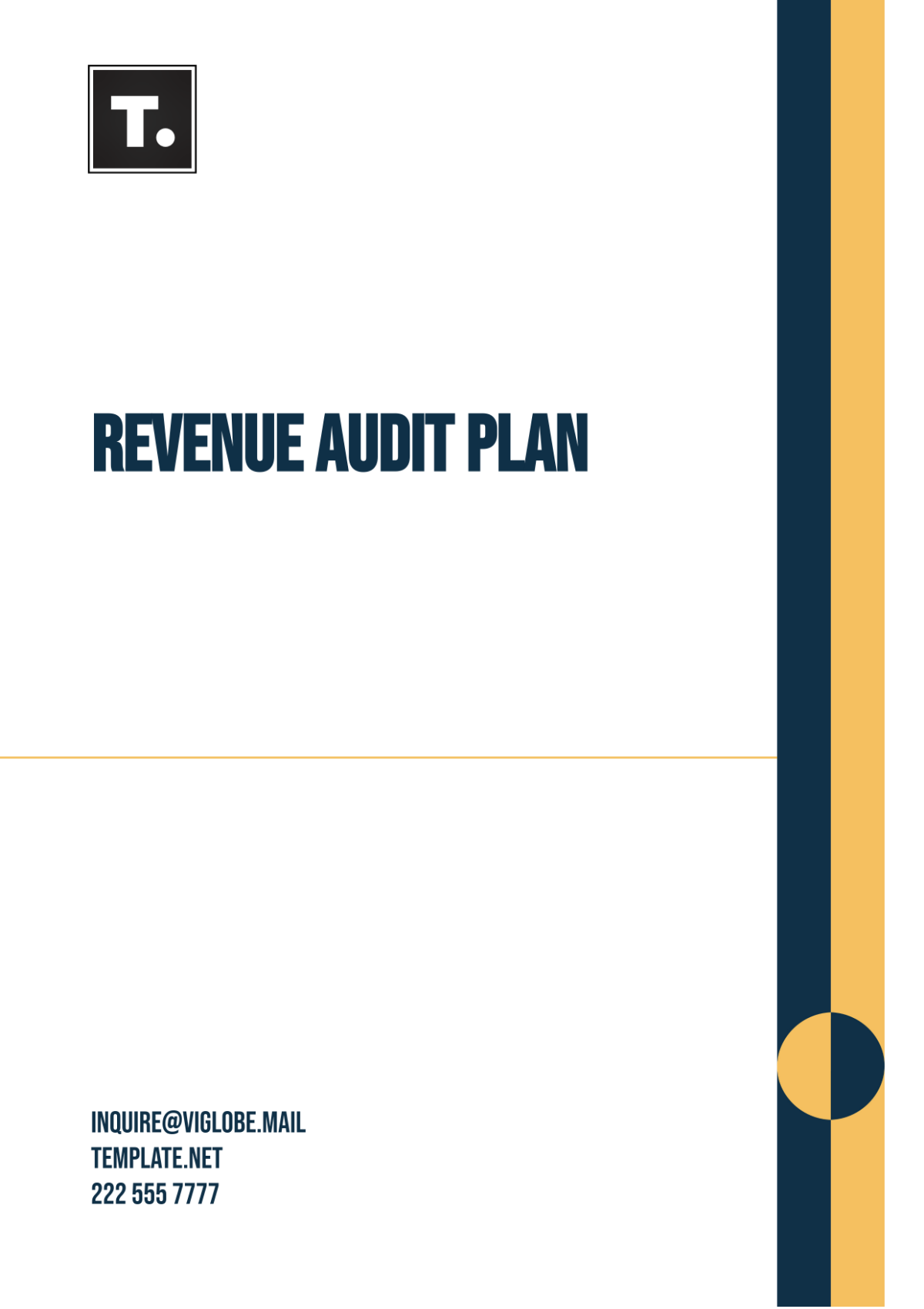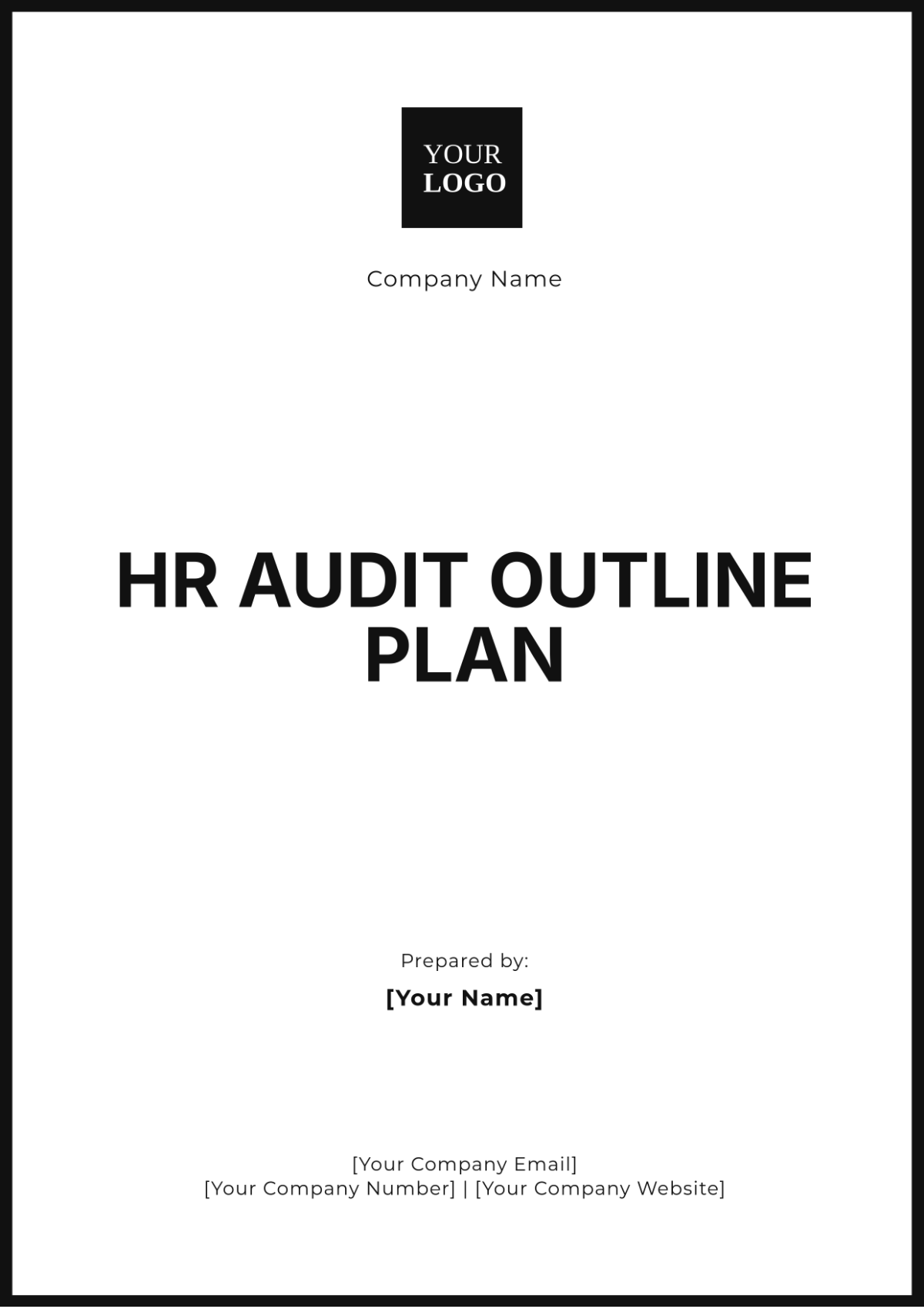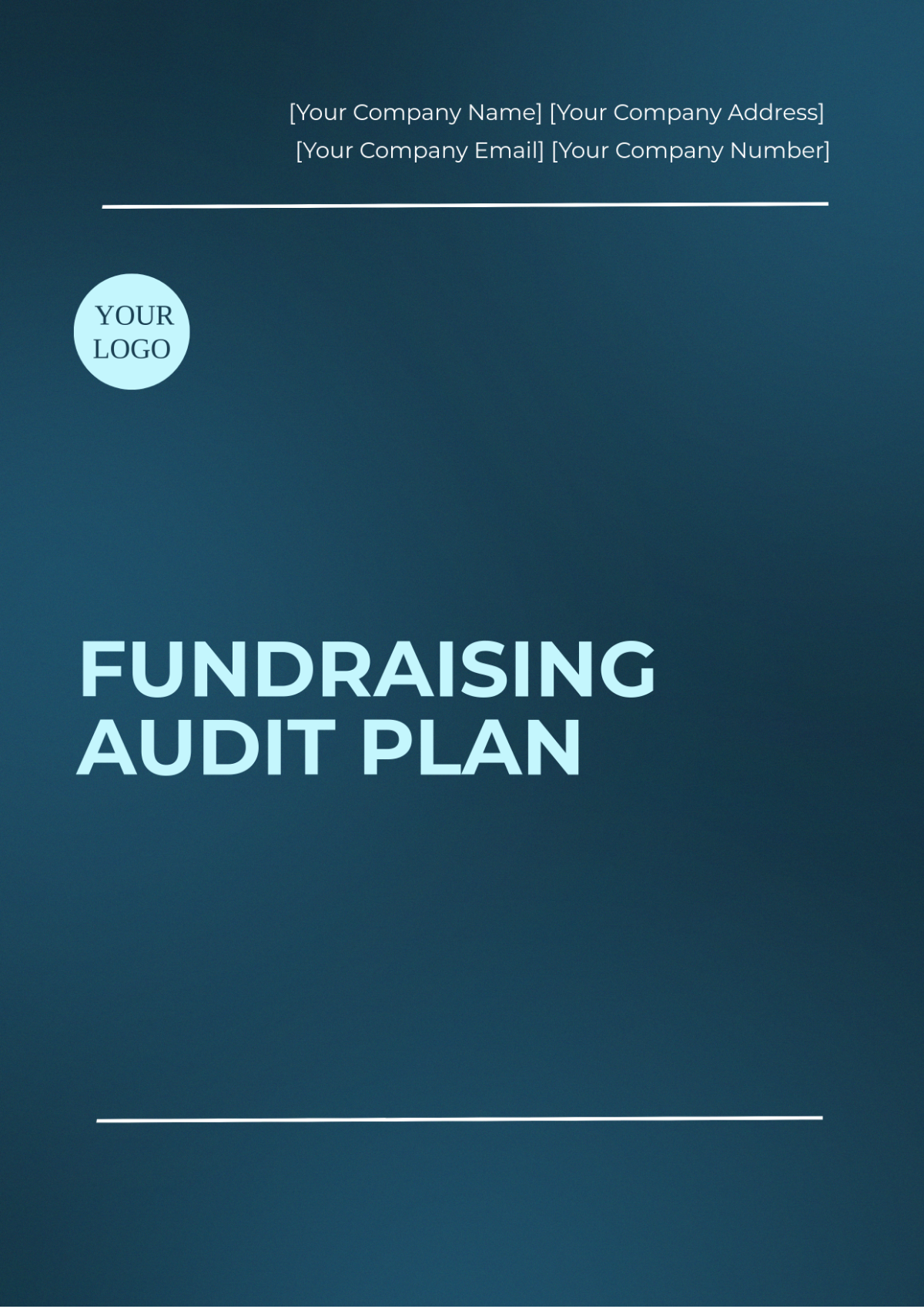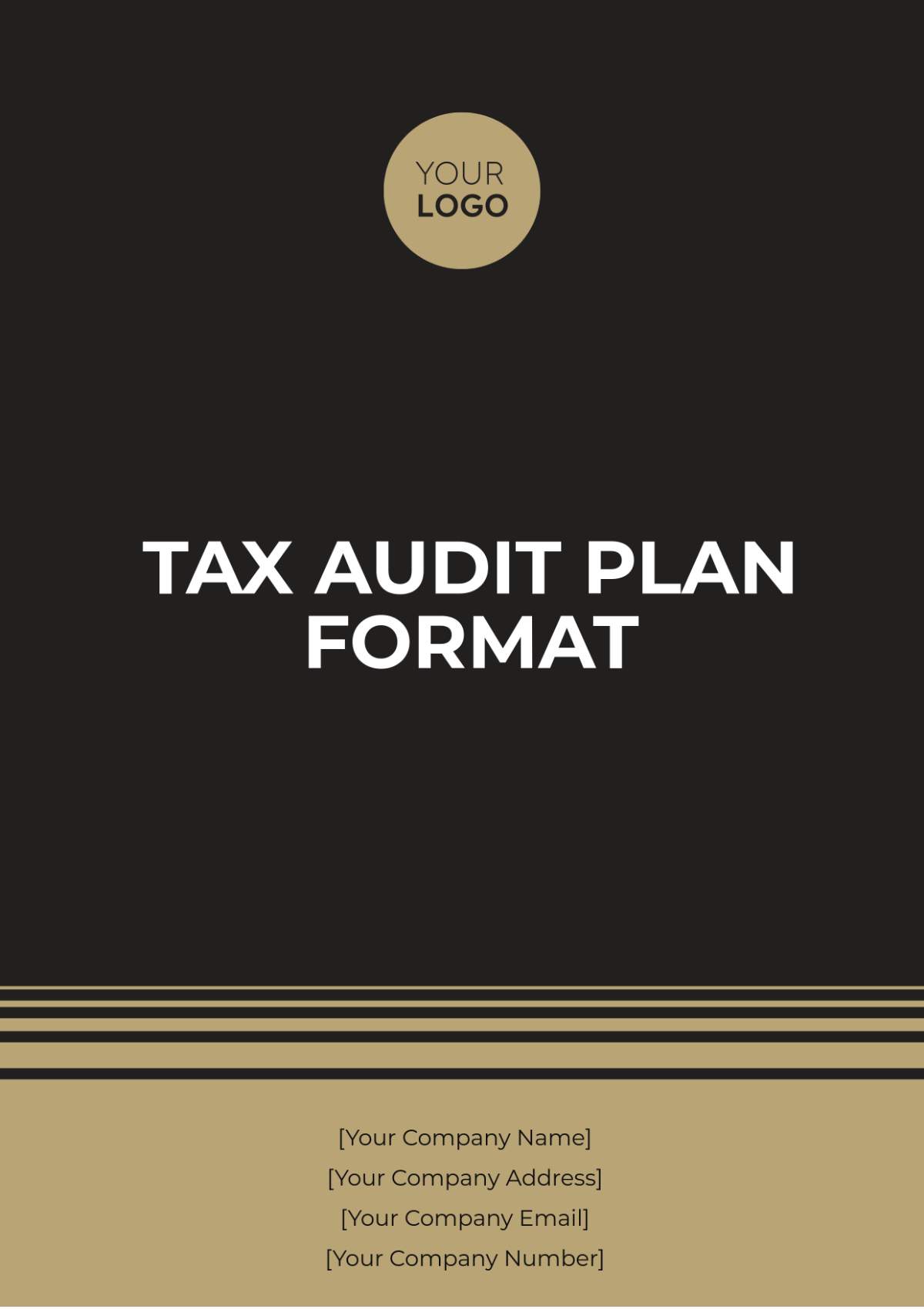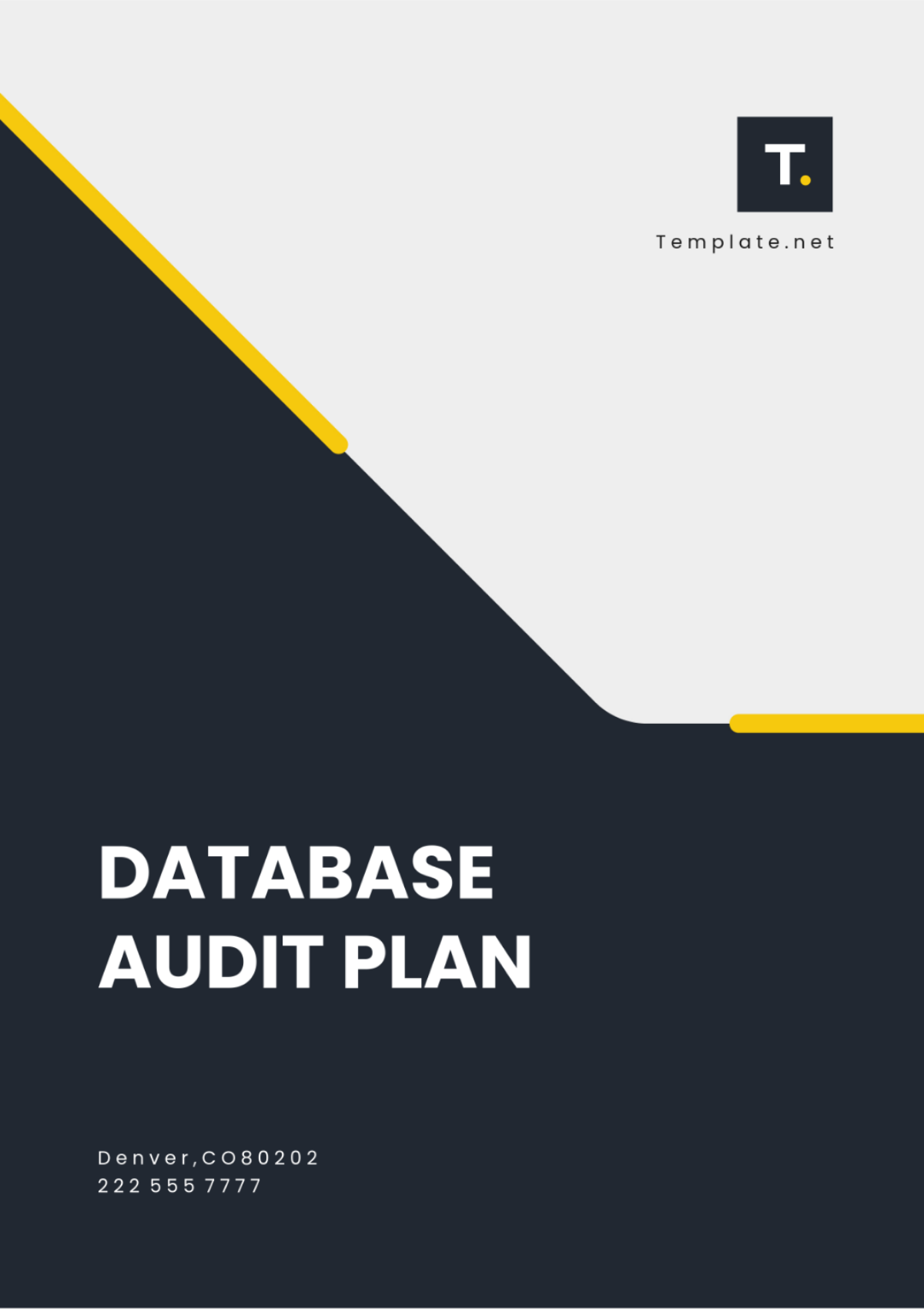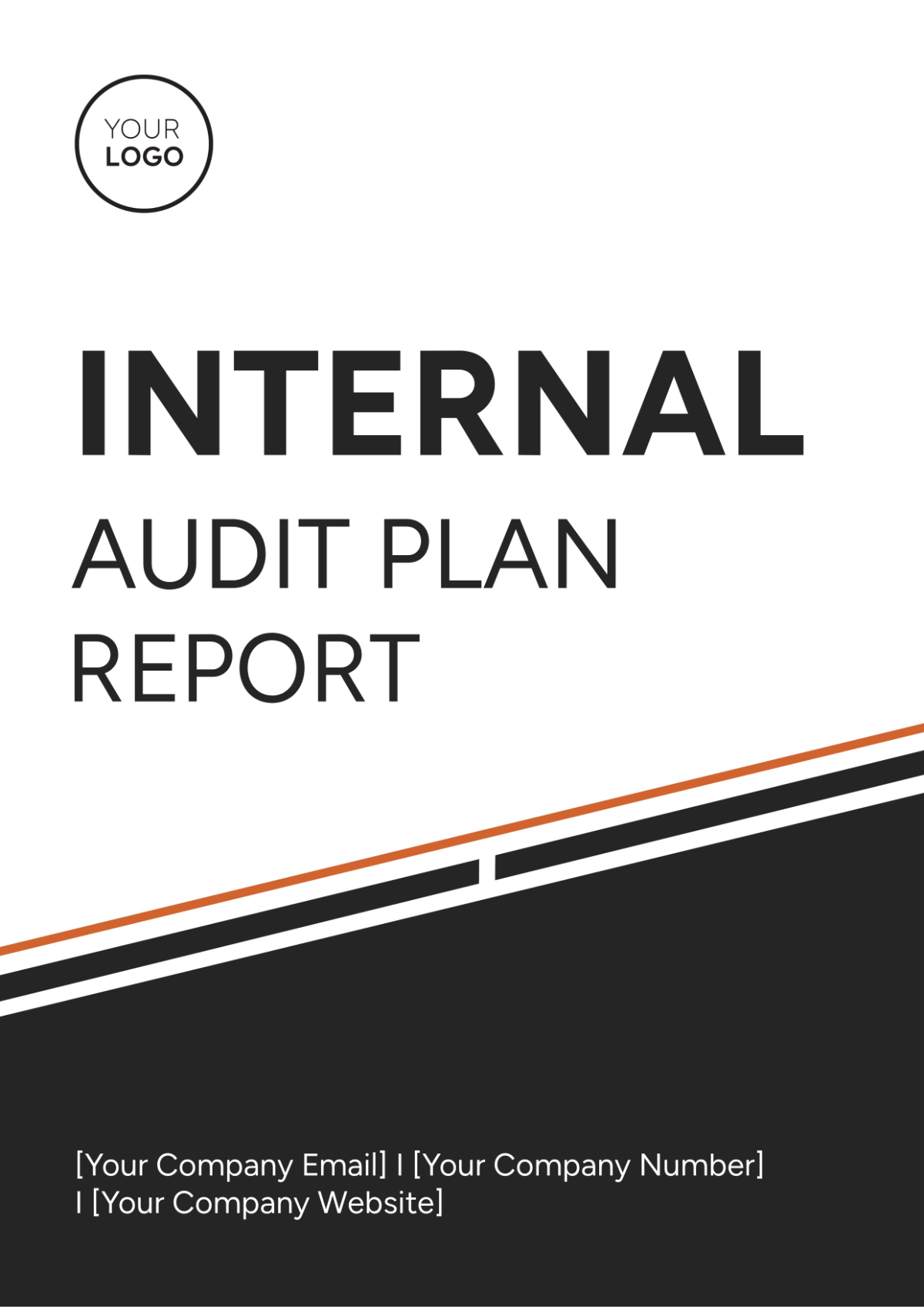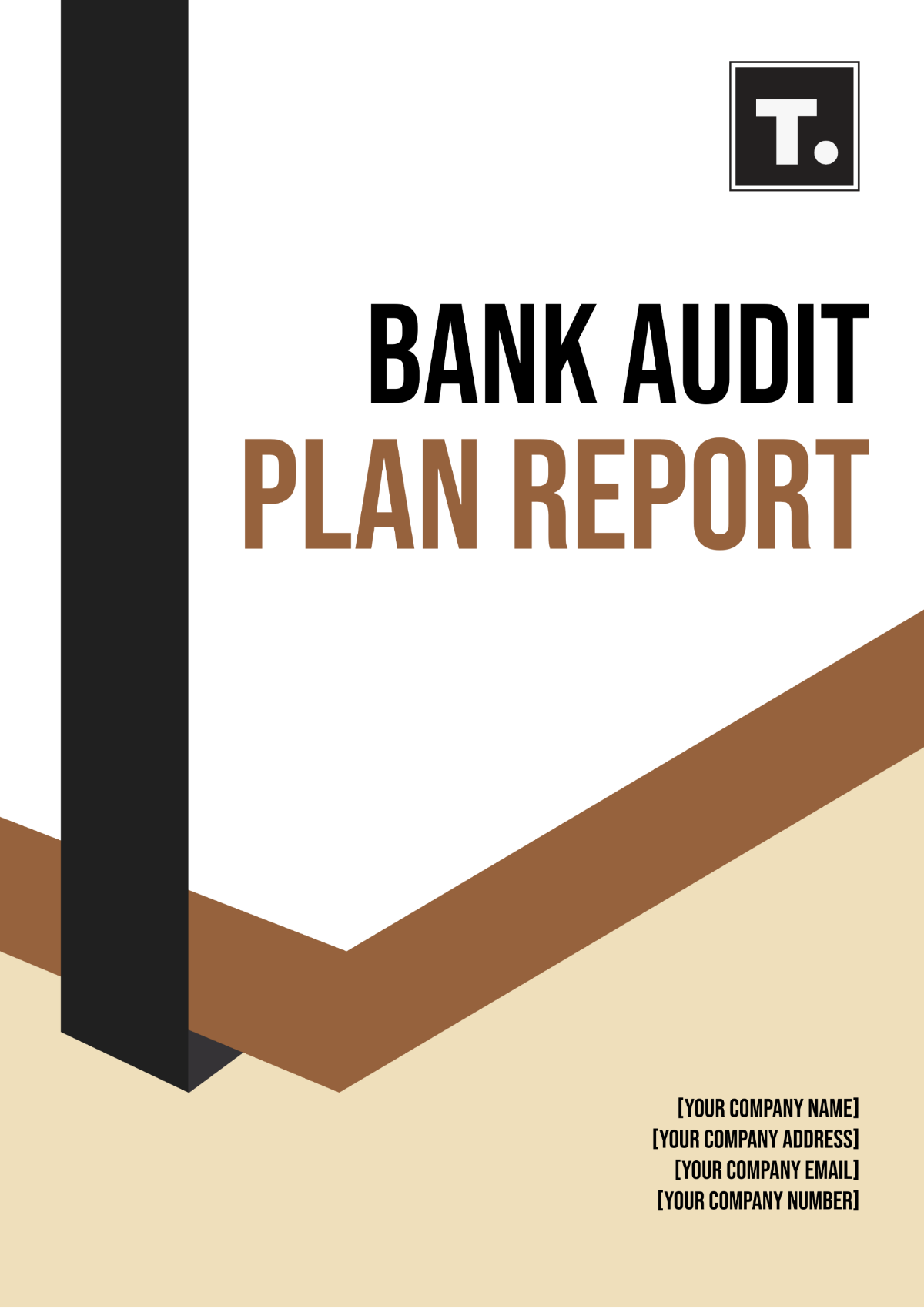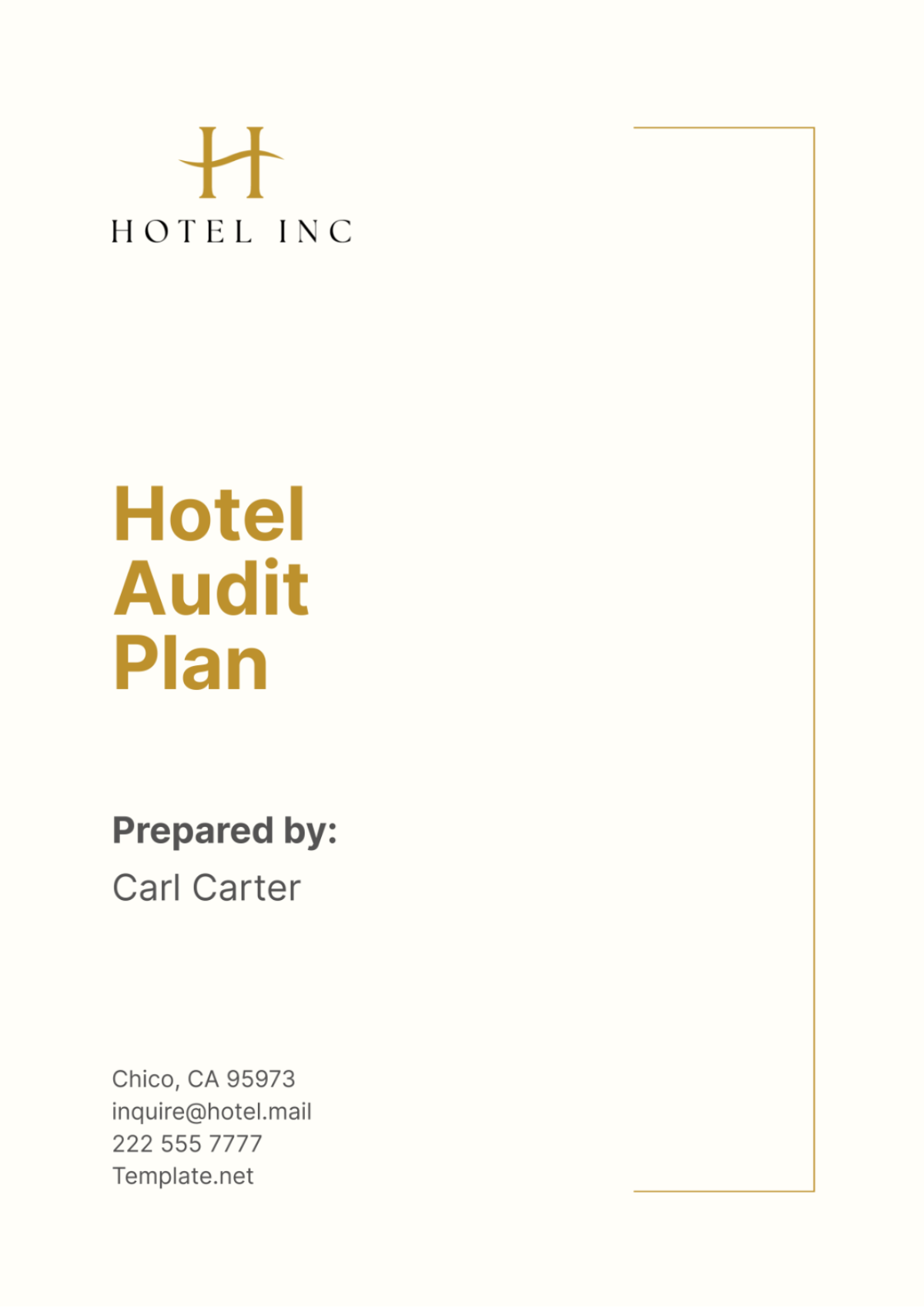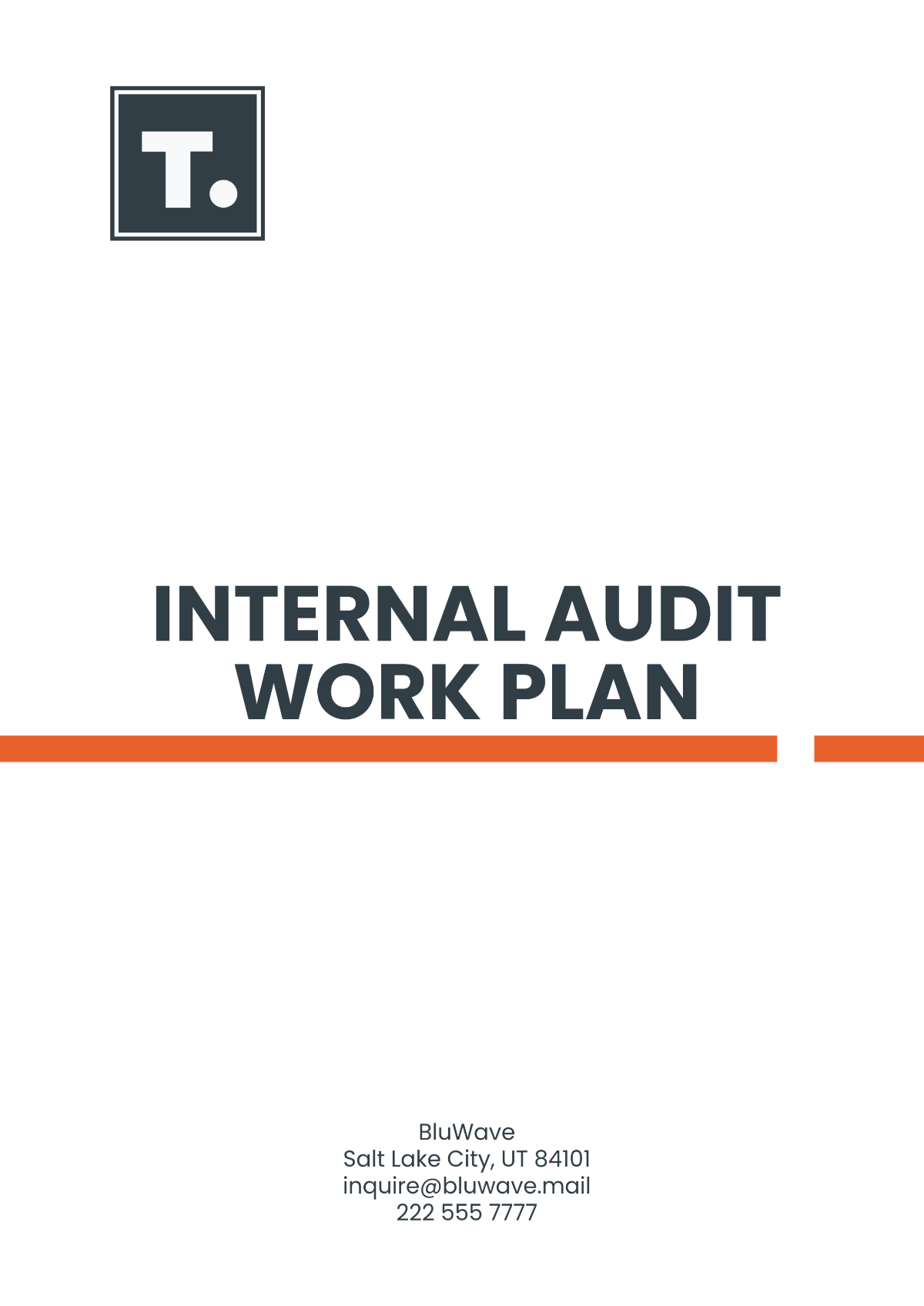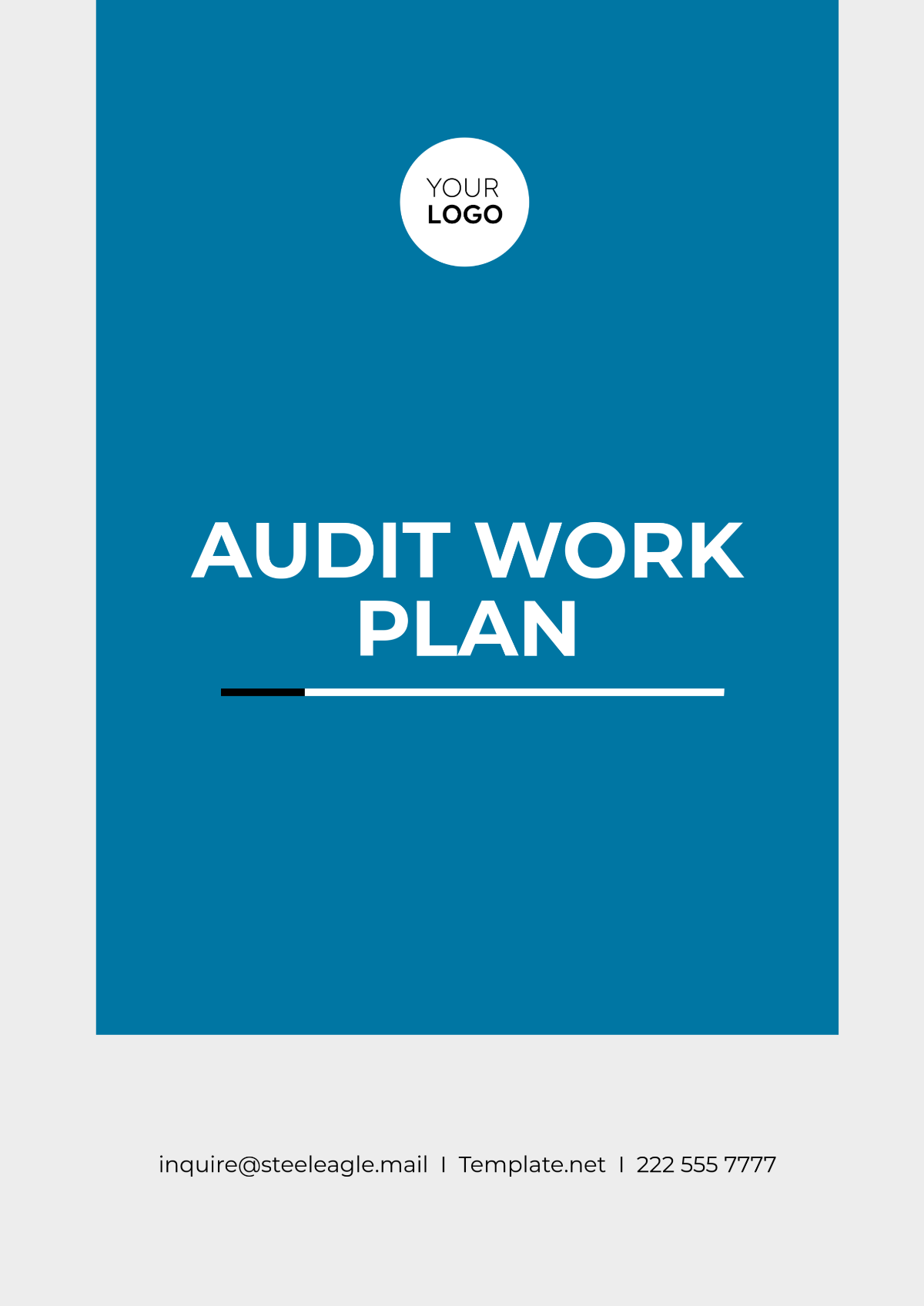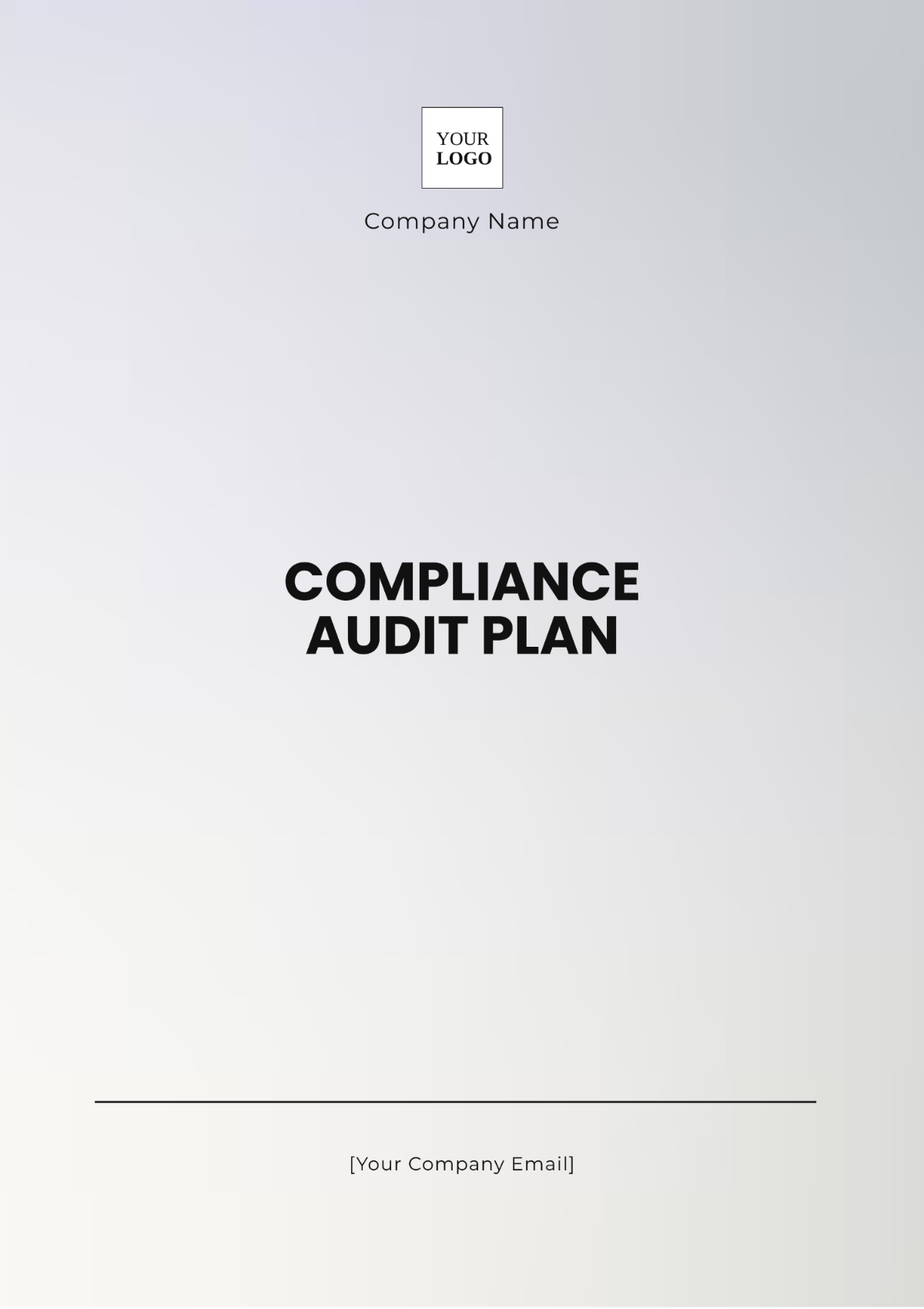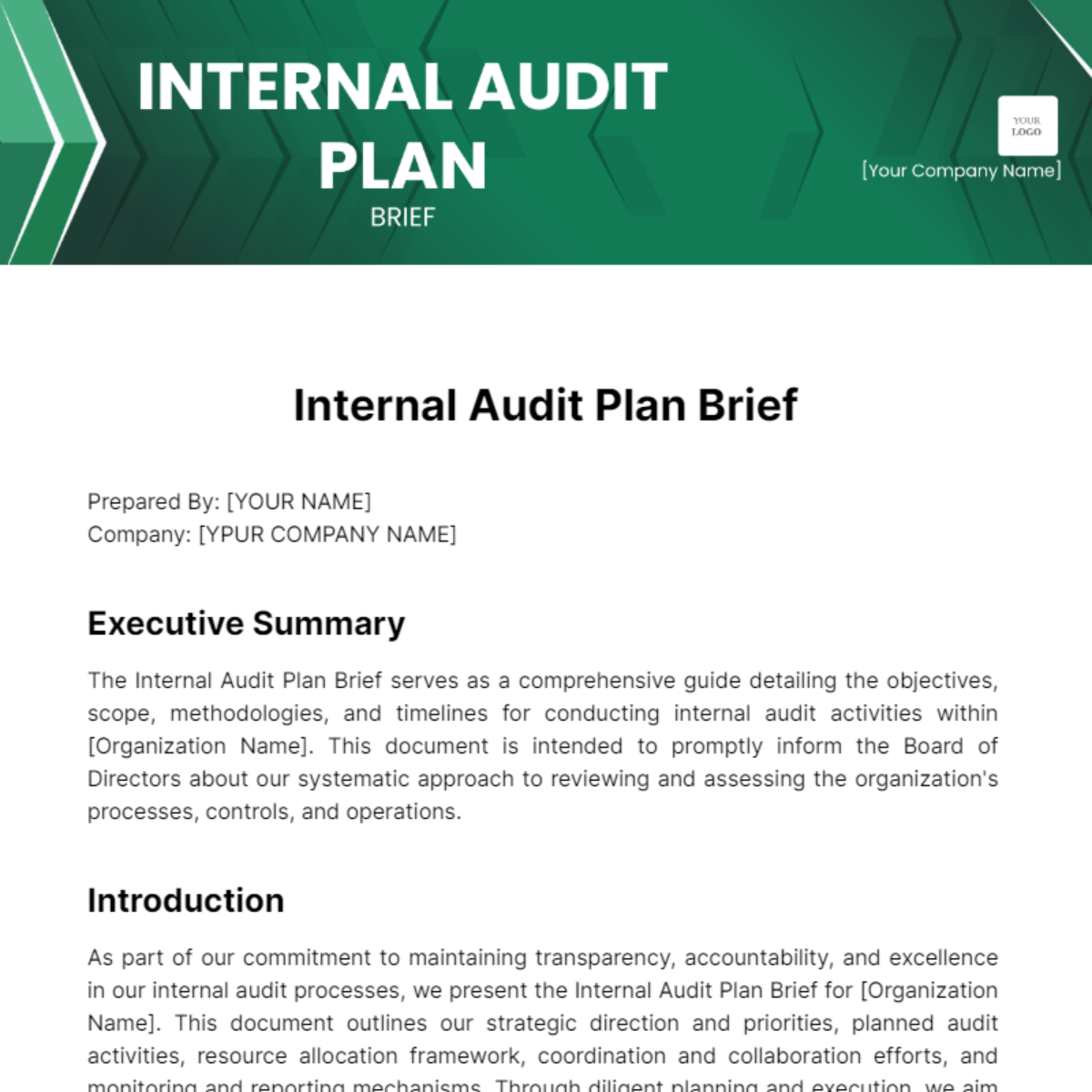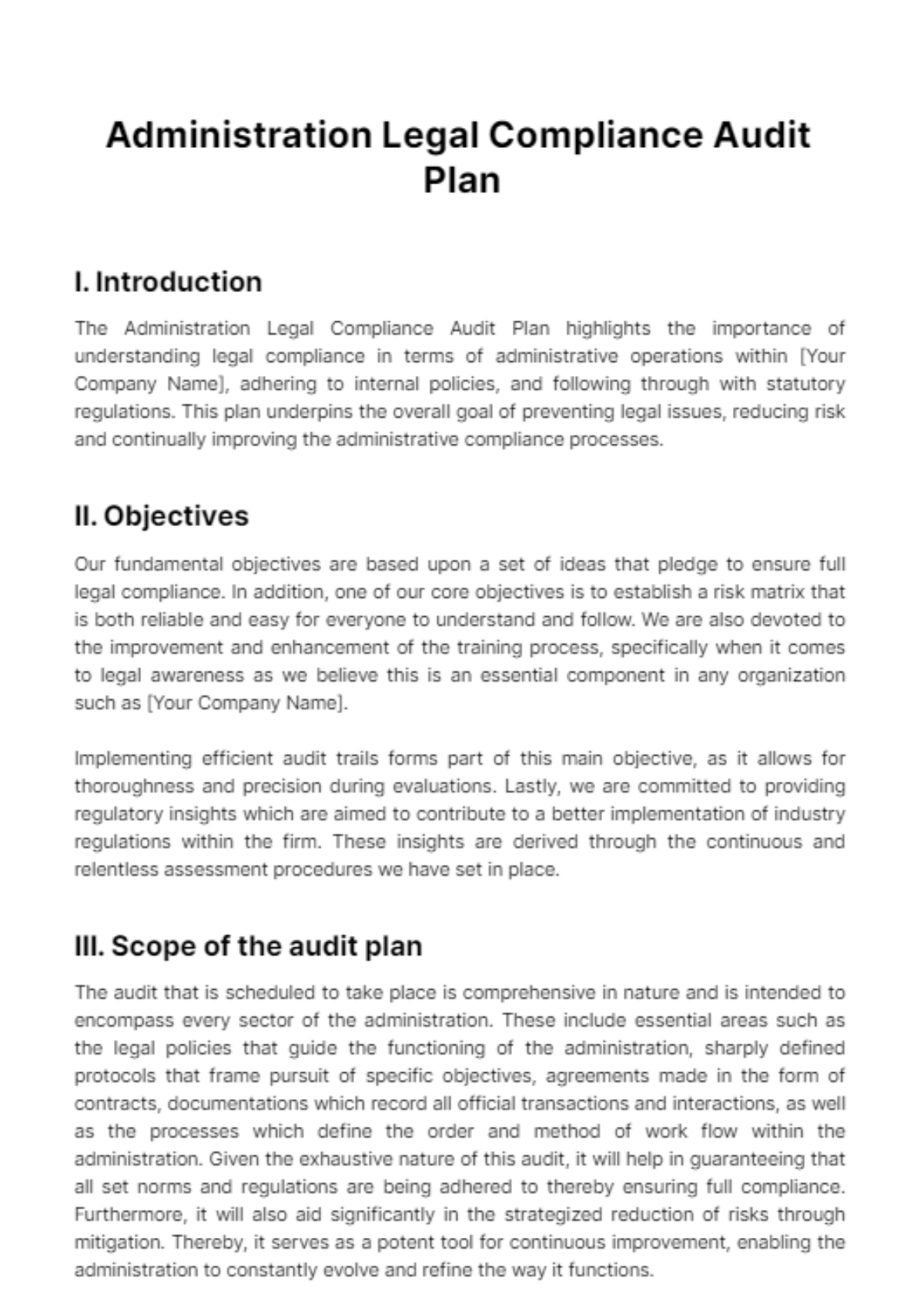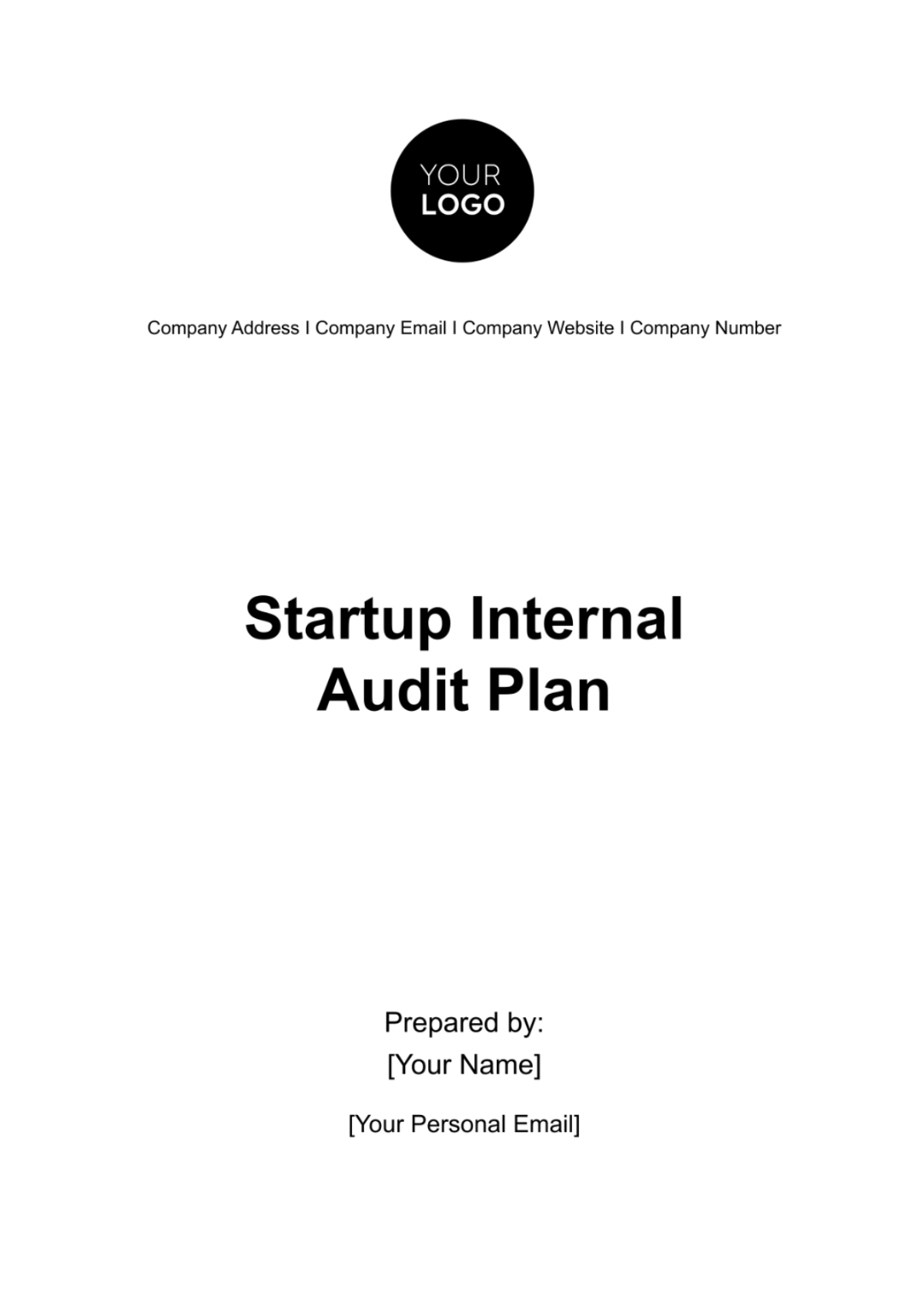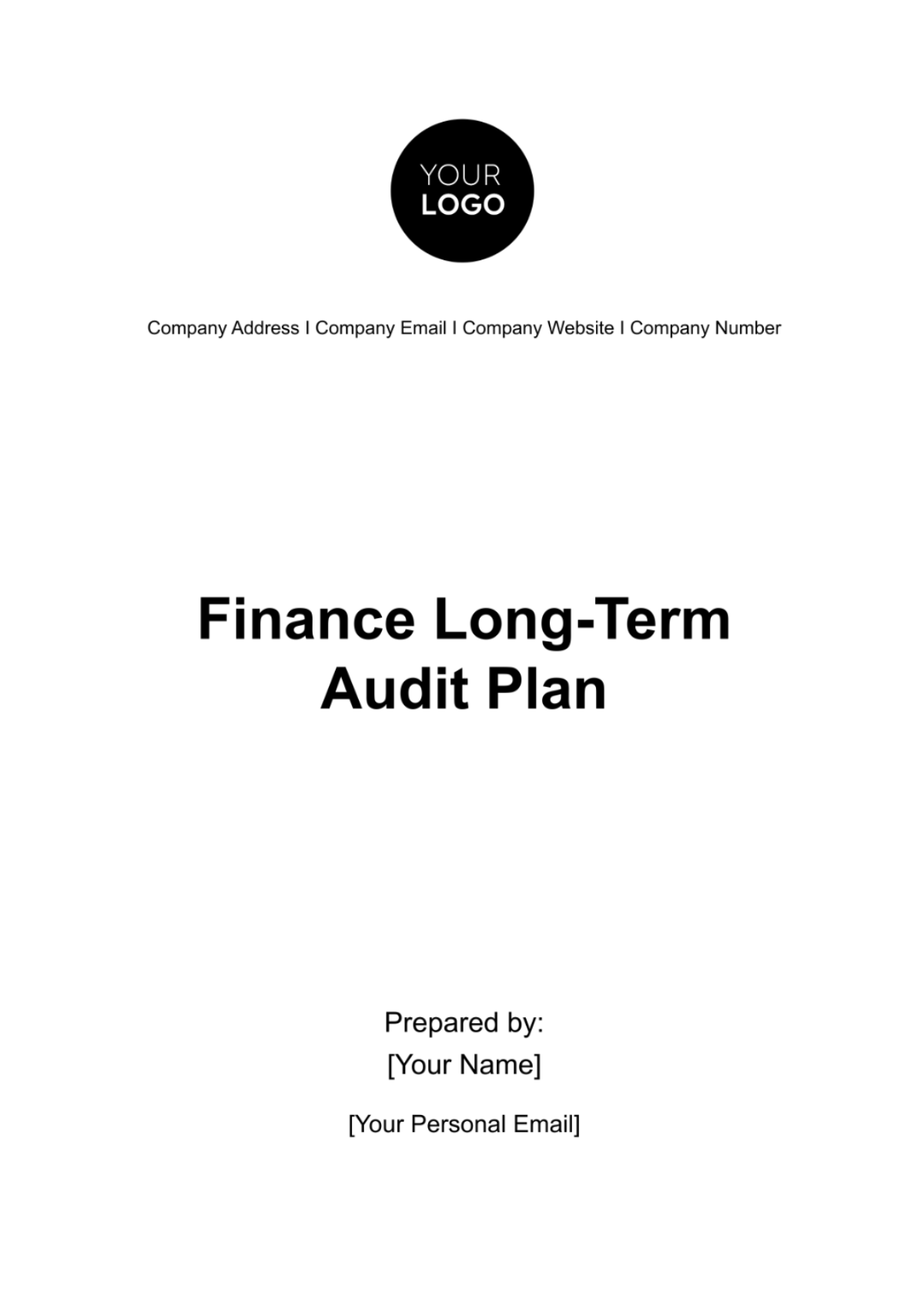Grant Audit Plan
Introduction
This Grant Audit Plan has been designed to assist audit professionals in systematically assessing the use, compliance, and financial oversight of grant-funded projects. The goal of this plan is to ensure that all grant activities adhere to relevant guidelines, optimize the use of allocated funds, and achieve the intended project outcomes. By following this plan, auditors will ensure that grants are managed transparently, funds are properly accounted for, and any potential issues are identified early for corrective action.
1. Objectives of the Audit
The primary objectives of this audit are to:
Evaluate compliance with the terms and conditions of the Education for All Fund grant agreement.
Verify that grant expenditures are accurately reported and documented in line with the applicable regulations.
Identify any financial misstatements, fraud, or irregularities in grant administration.
Ensure that funds are used efficiently and effectively to achieve the grant objectives of improving access to education in underserved regions.
Review the internal controls and procedures in place to safeguard grant funds and assess their effectiveness.
2. Scope of the Audit
The audit will cover all grant-related activities and transactions for the period from January 1, 2070 to December 31, 2075, including but not limited to:
Financial records and expenditure reports.
Procurement processes and vendor contracts.
Payroll records for staff funded by the grant.
Monitoring reports on project milestones and deliverables.
Compliance with grant terms, including matching funds and program income requirements.
Verification of asset acquisition, inventory, and management of grant-funded equipment.
3. Key Audit Areas
A. Financial Management and Reporting
Objective: To determine whether the organization accurately reported grant funds and expenditures in line with generally accepted accounting principles (GAAP) and grant requirements.
Audit Procedures:
Review financial statements and general ledger entries for completeness and accuracy.
Trace sampled transactions to supporting documentation (e.g., invoices, receipts).
Ensure that all expenses are appropriately categorized and allocated according to the grant budget.
B. Internal Controls and Risk Management
Objective: To assess the adequacy and effectiveness of internal controls in managing grant funds and minimizing the risk of misuse or fraud.
Audit Procedures:
Test internal controls related to approval processes, segregation of duties, and access to financial records.
Conduct risk assessments for areas prone to fraud or mismanagement, such as procurement or payroll.
C. Programmatic Compliance
Objective: To verify that the organization adhered to the programmatic conditions of the grant and met all required milestones and objectives.
Audit Procedures:
Review project reports, meeting minutes, and communications with the grantor.
Confirm that programmatic objectives were achieved as stipulated in the grant agreement.
Conduct interviews with program staff to evaluate compliance with grant terms.
4. Timeline and Audit Procedures
Task | Start Date | End Date | Assigned Team |
|---|---|---|---|
Preliminary Audit Planning | January 1, 2076 | January 15, 2076 | Lead Auditor & Audit Supervisor |
Review of Financial Documentation | January 16, 2076 | February 15, 2076 | Financial Audit Team |
Internal Control Testing | February 16, 2076 | February 28, 2076 | Internal Controls Team |
Compliance Testing and Programmatic Review | March 1, 2076 | March 15, 2076 | Compliance Team |
Draft Audit Report | March 16, 2076 | March 31, 2076 | Lead Auditor |
Final Review and Submission | April 1, 2076 | April 15, 2076 | Audit Supervisor |
5. Deliverables
Upon completion of the audit, the following deliverables will be provided to the Global Development Initiative:
Audit Report: A detailed report summarizing audit findings, including any discrepancies, non-compliance issues, or risks identified during the audit.
Recommendations: Specific recommendations for corrective actions to address any identified weaknesses in internal controls, financial management, or compliance.
Management Letter: A letter to senior management outlining high-priority issues and recommended improvements for future grant management.
6. Follow-Up Actions
After the audit, the Global Development Initiative will be expected to:
Respond to any audit findings within 30 days of the report submission.
Develop an action plan to address the auditor’s recommendations.
Schedule a follow-up review six months post-audit to verify the implementation of corrective measures.
